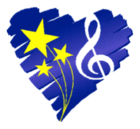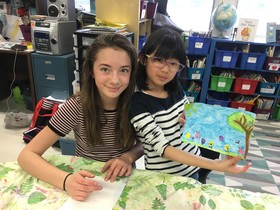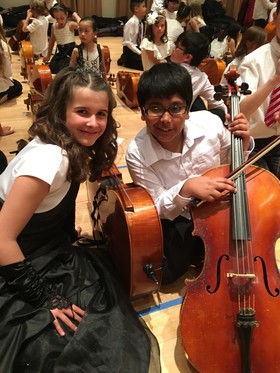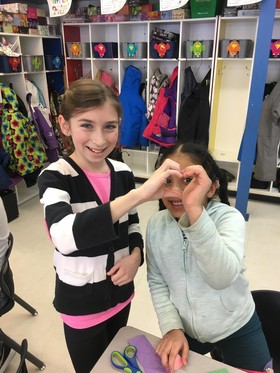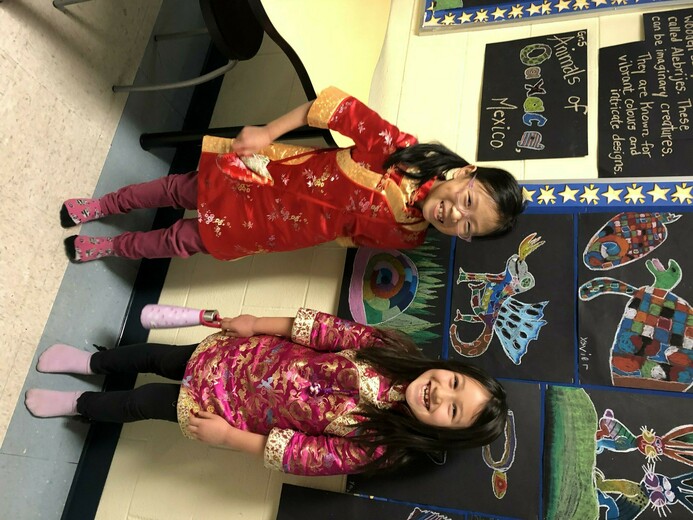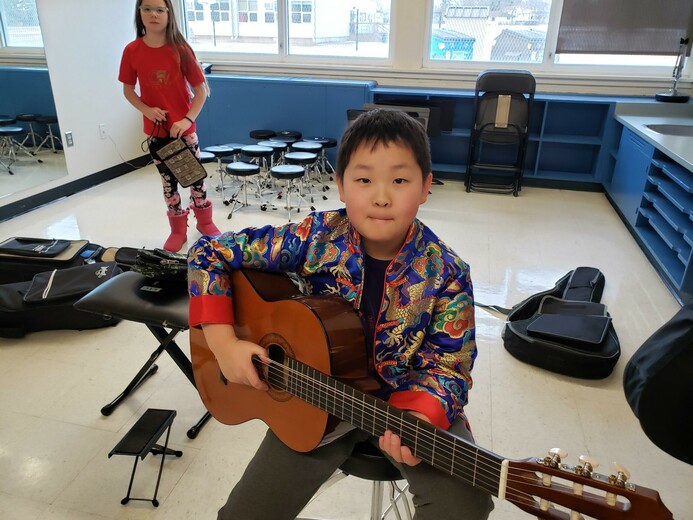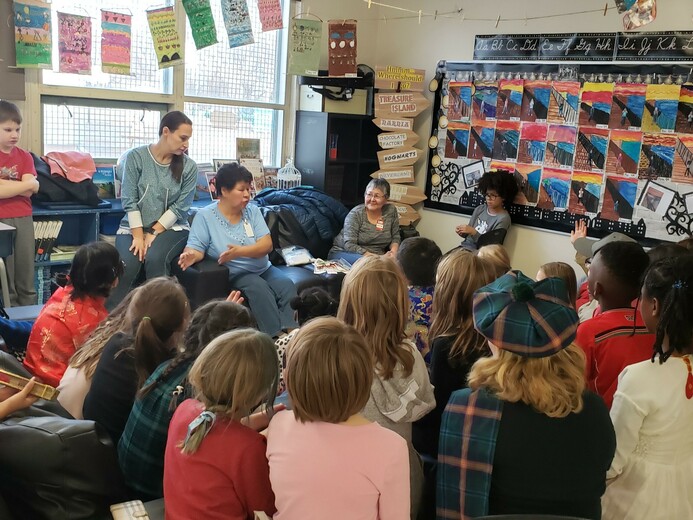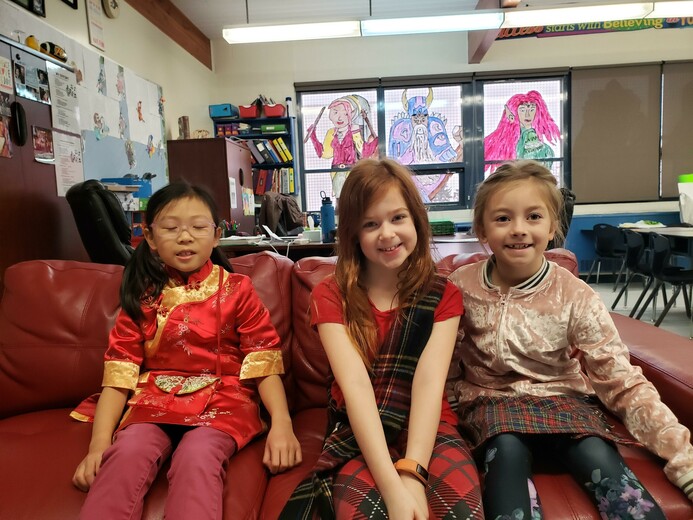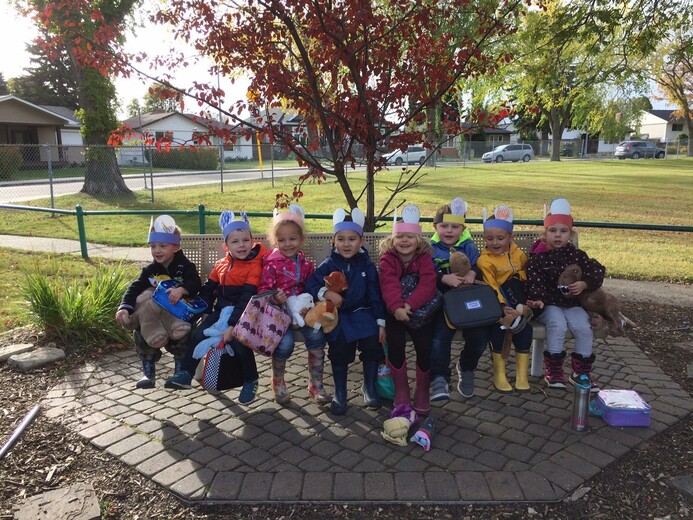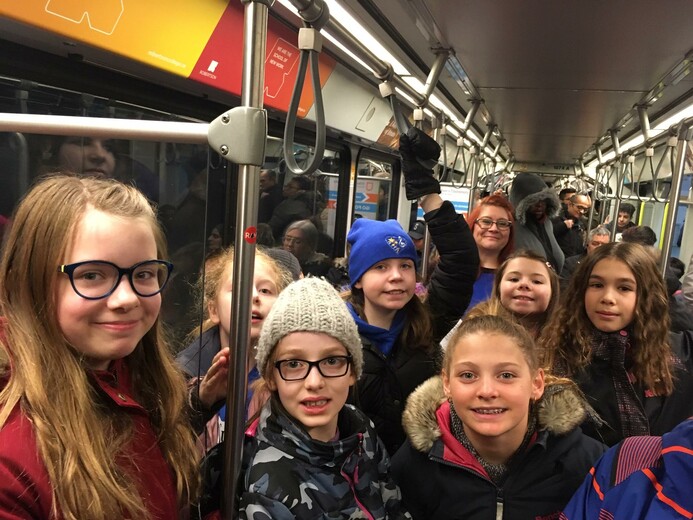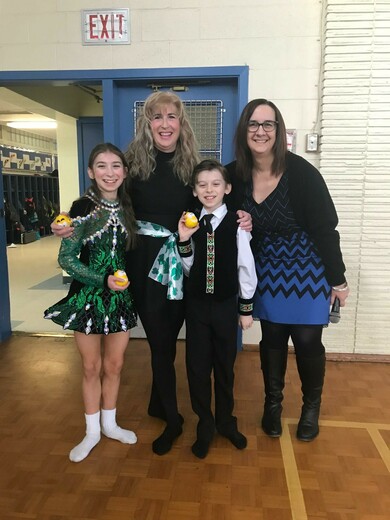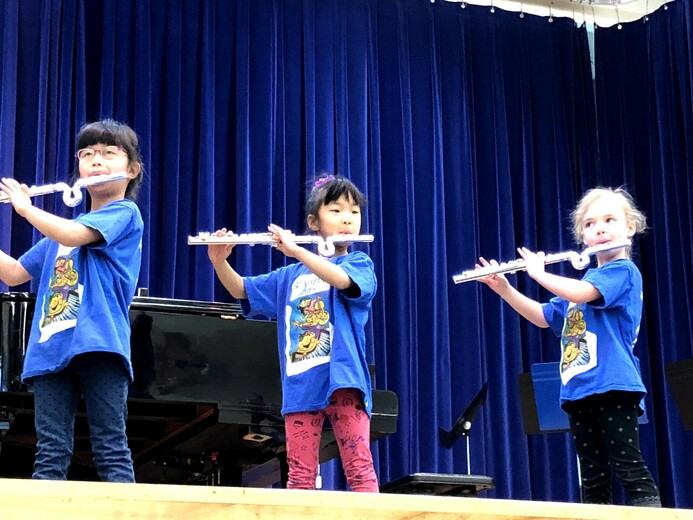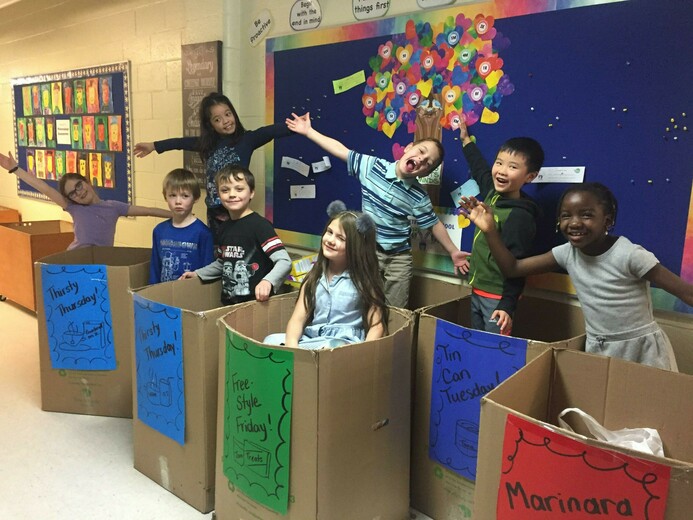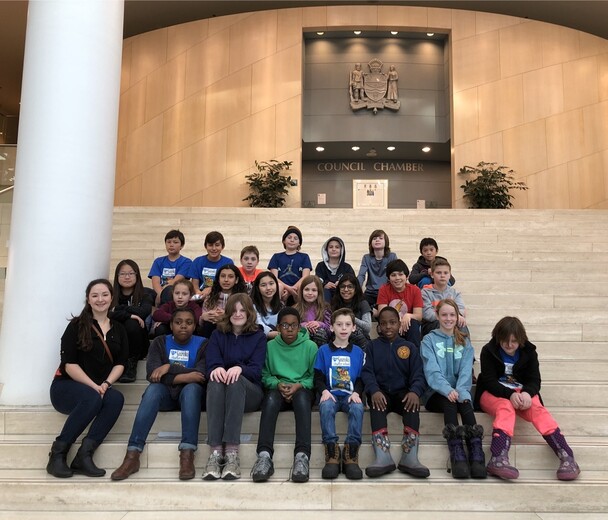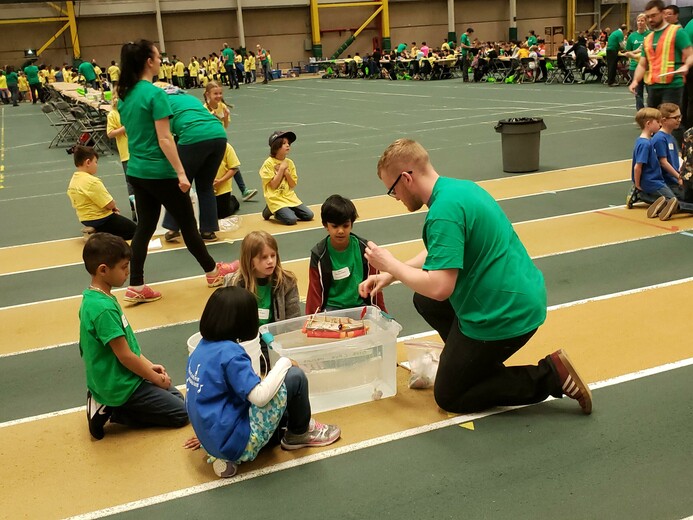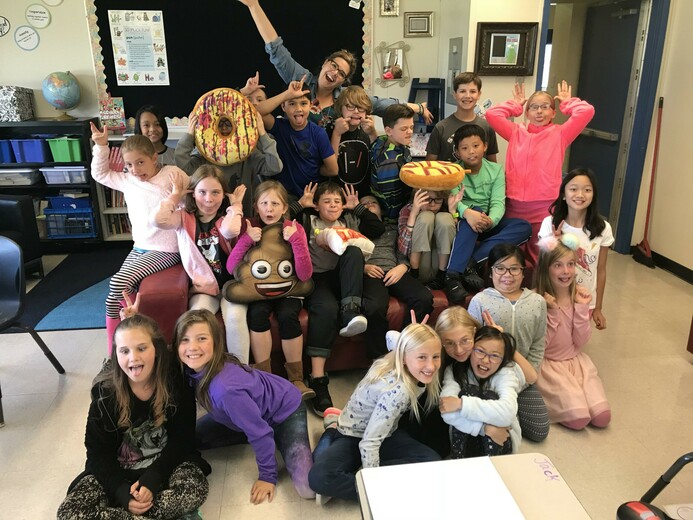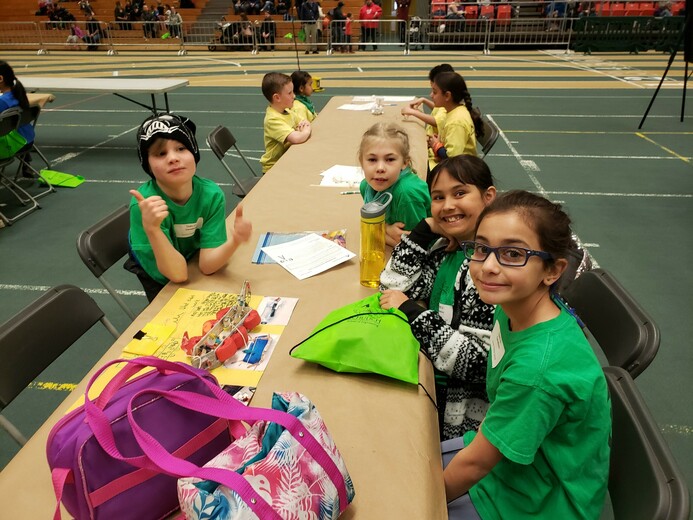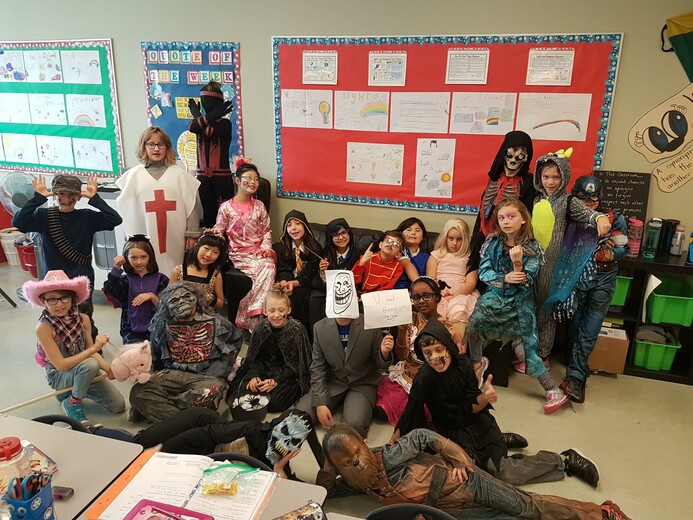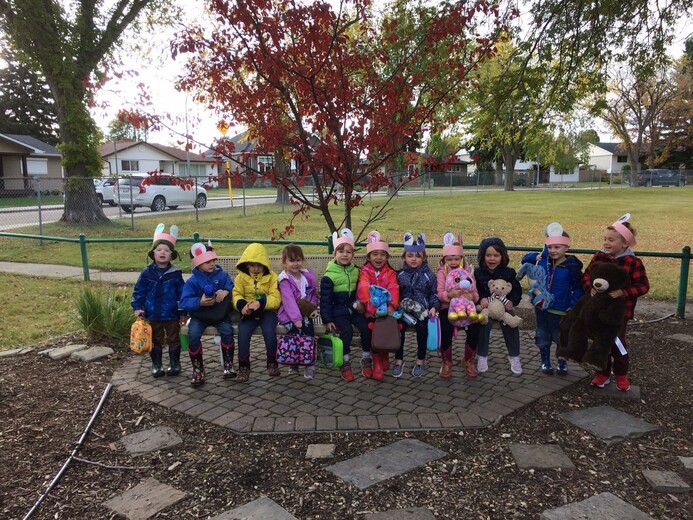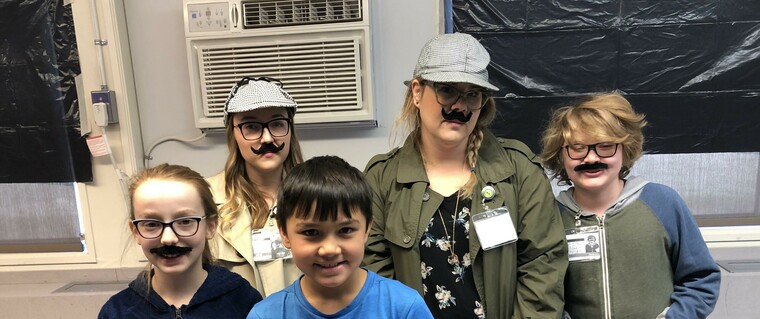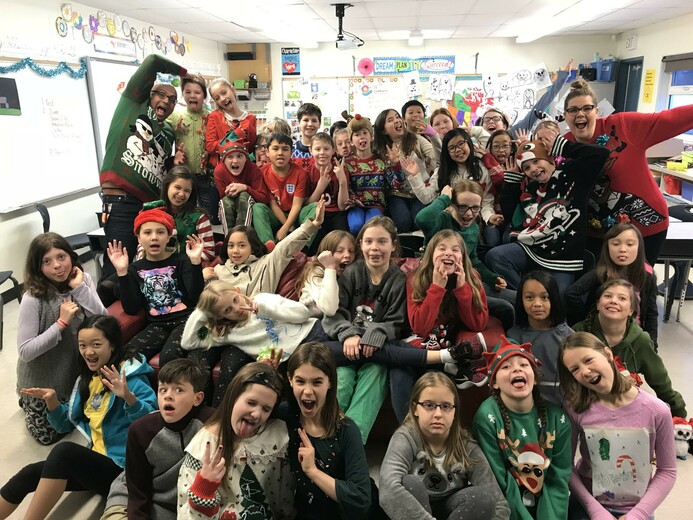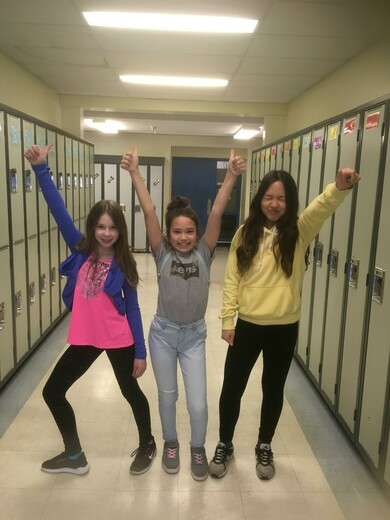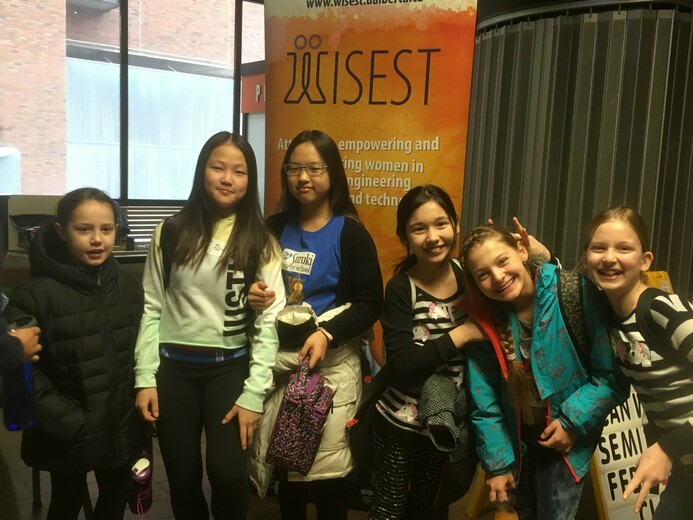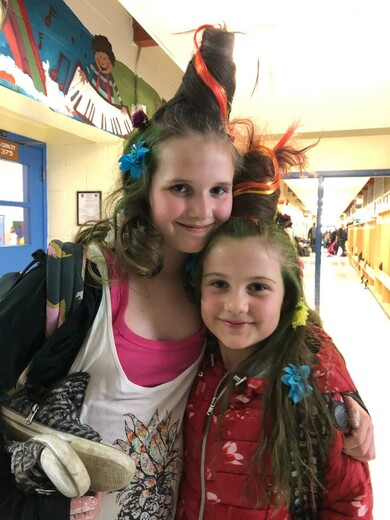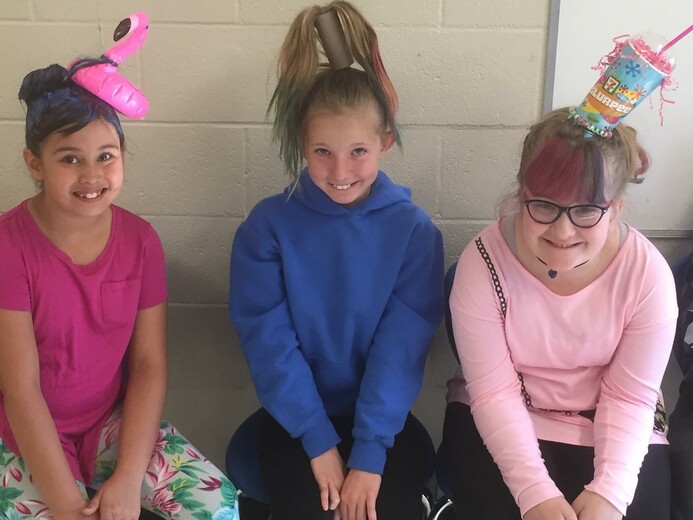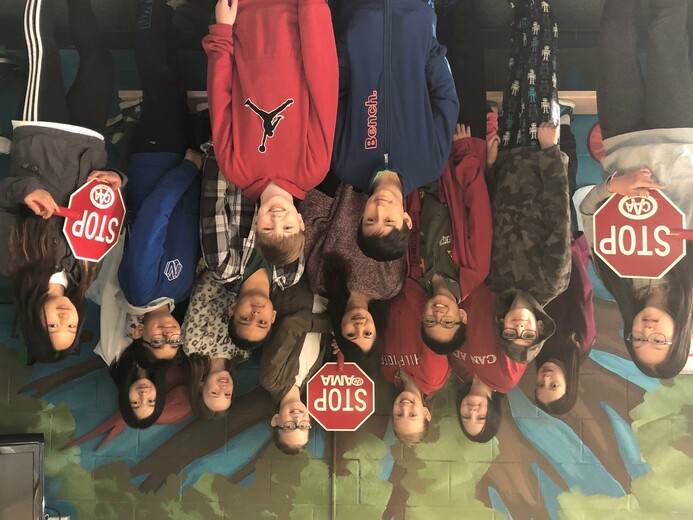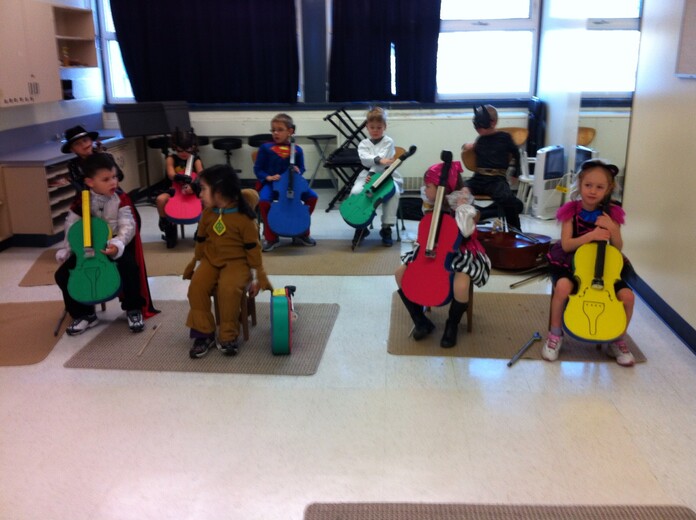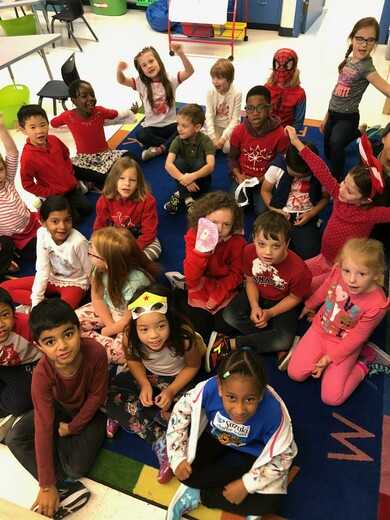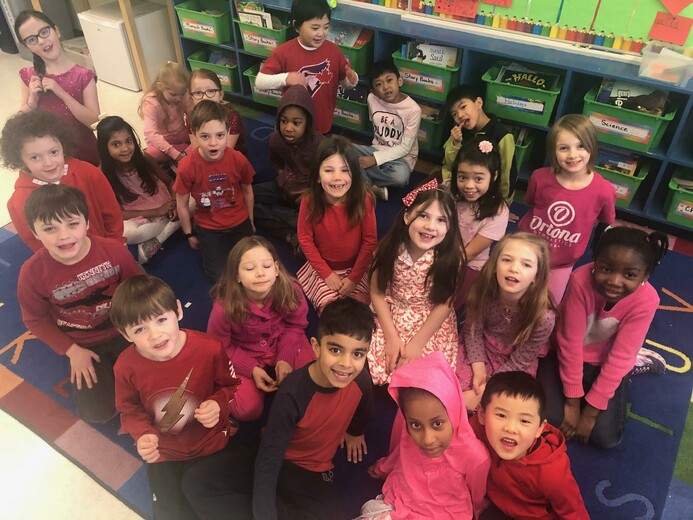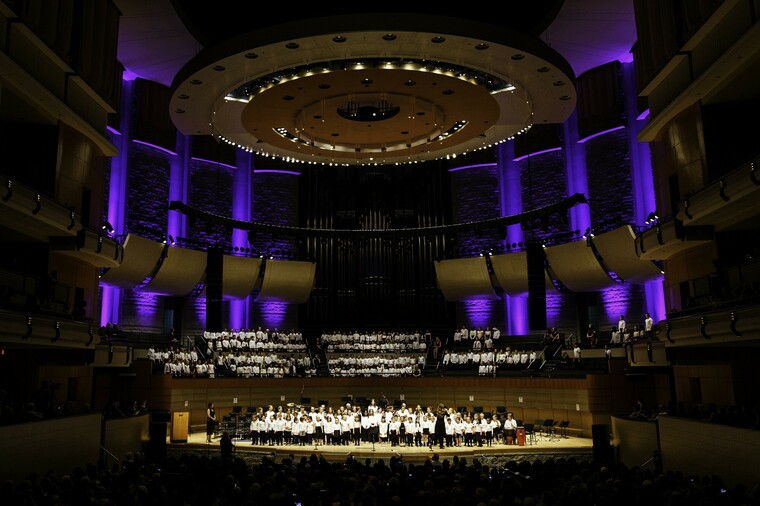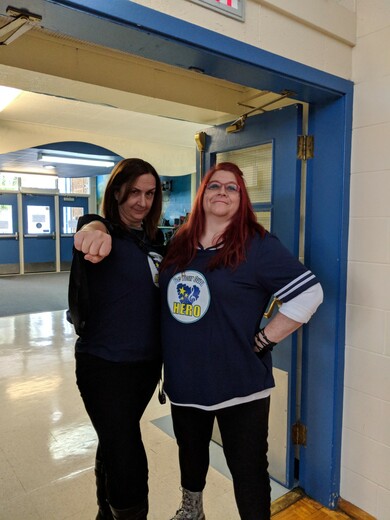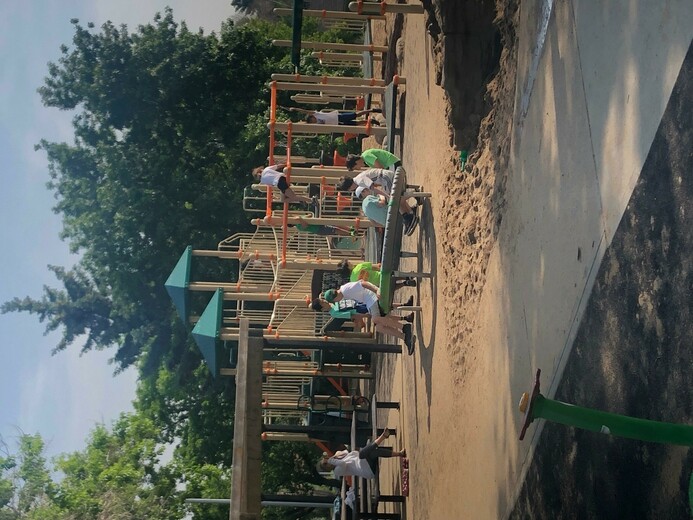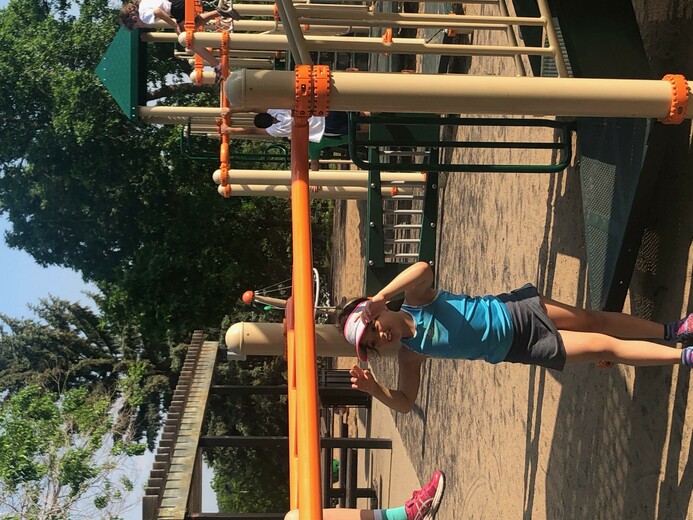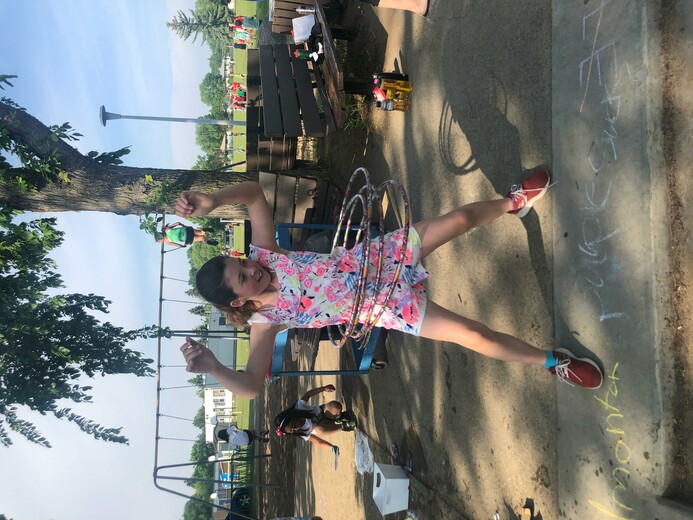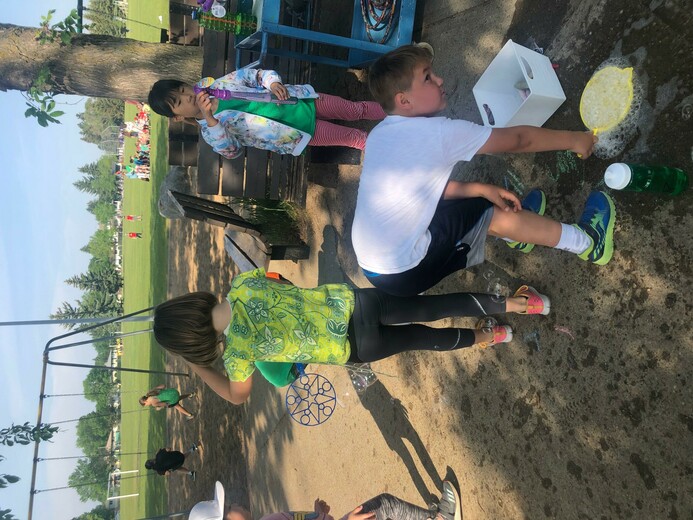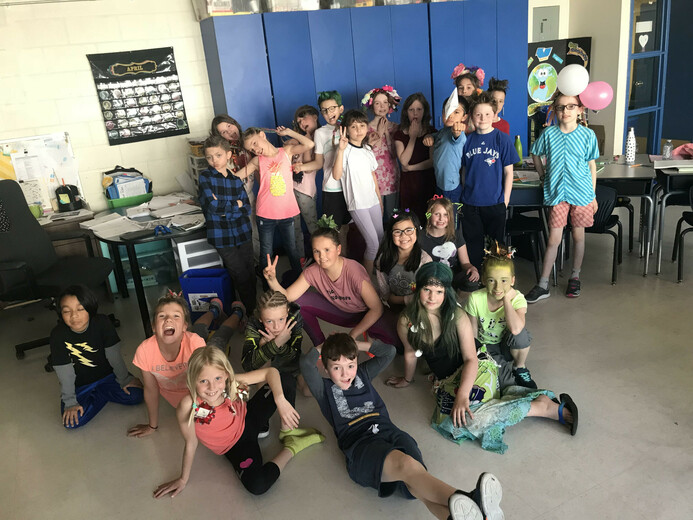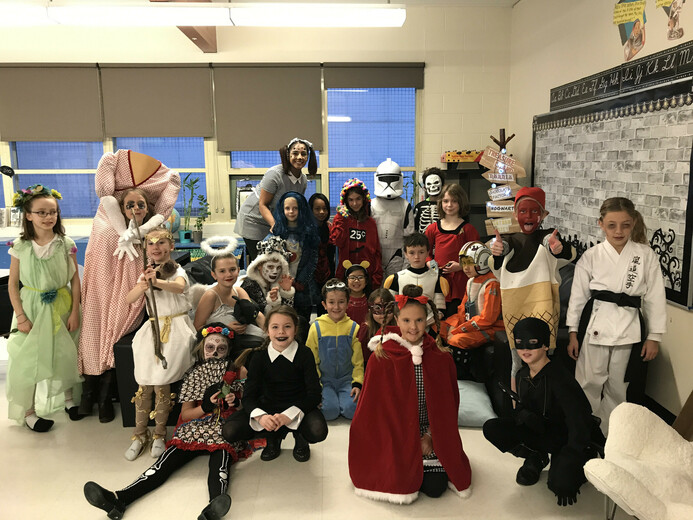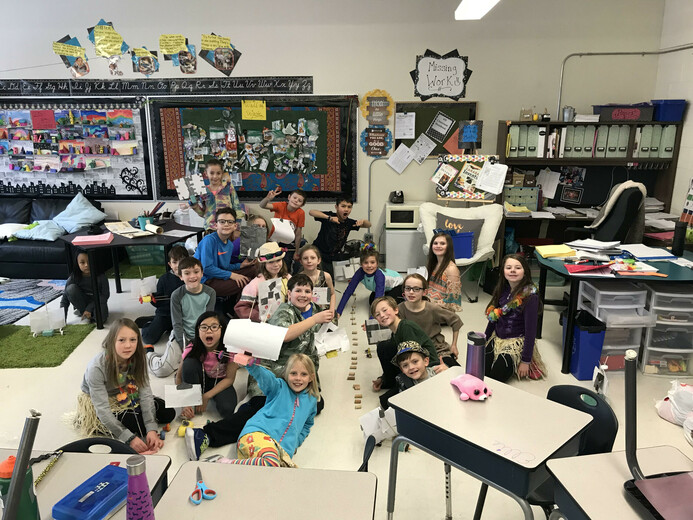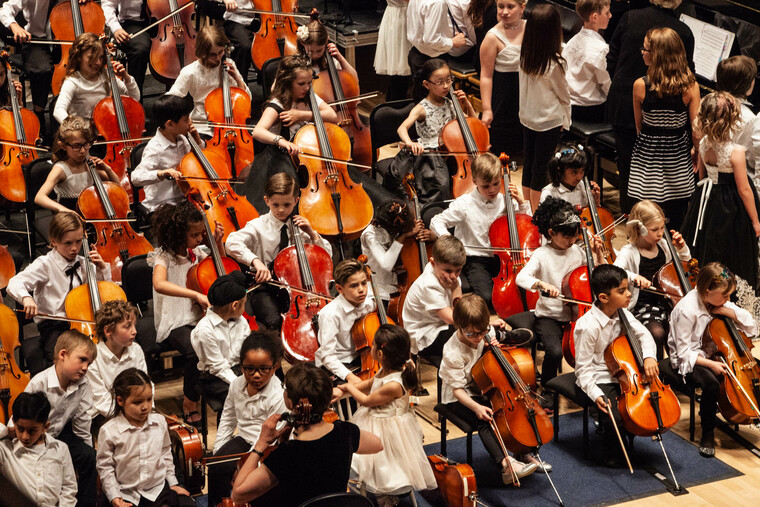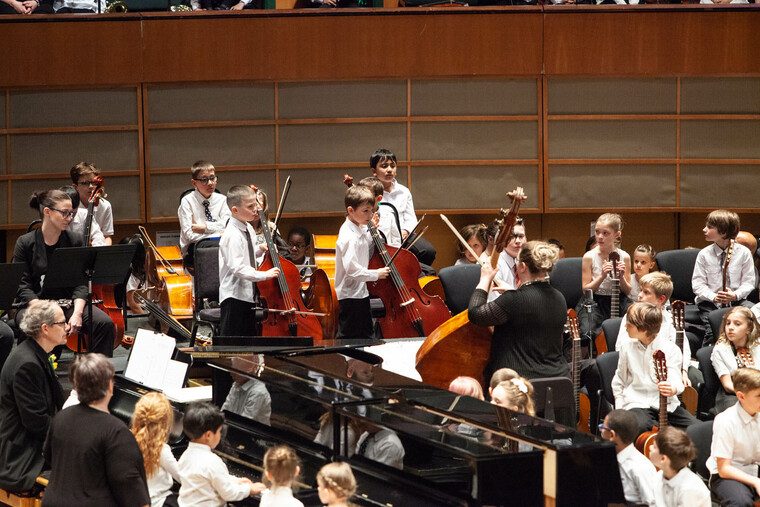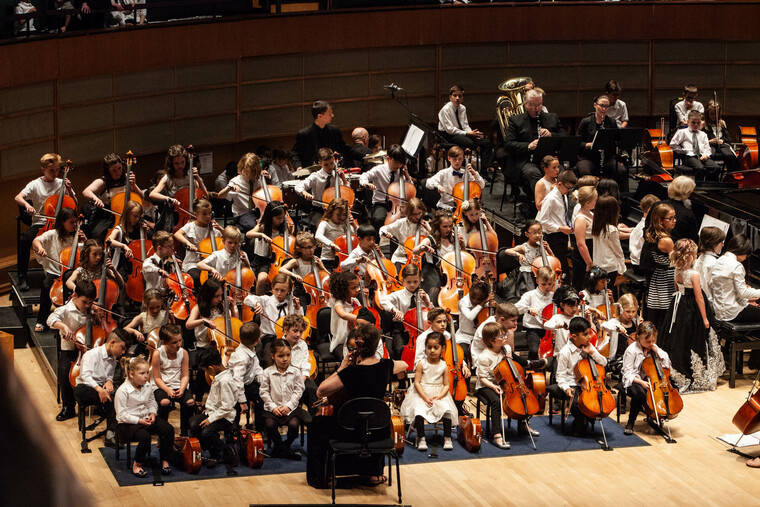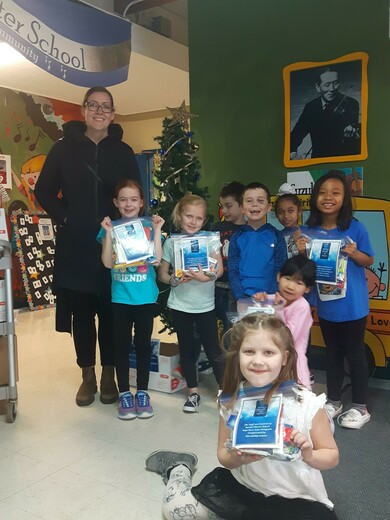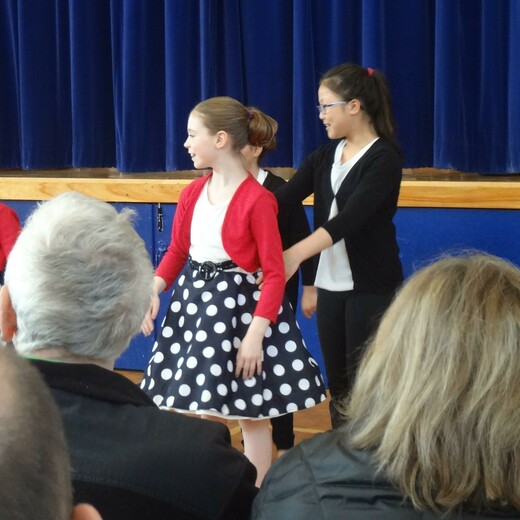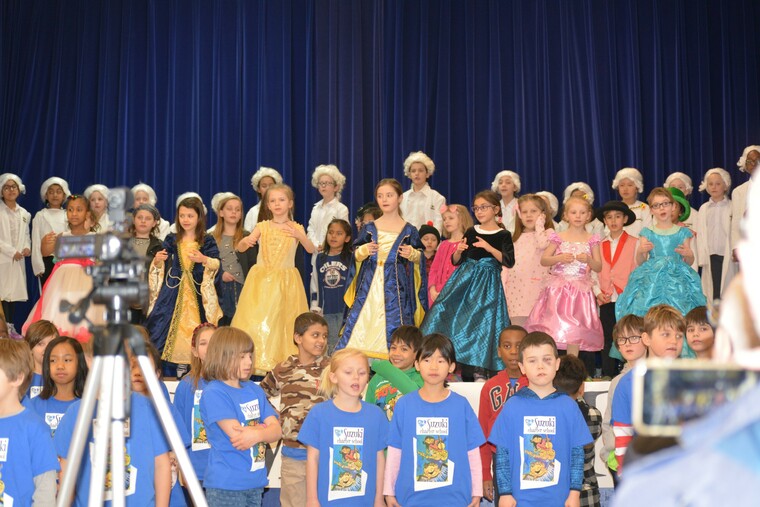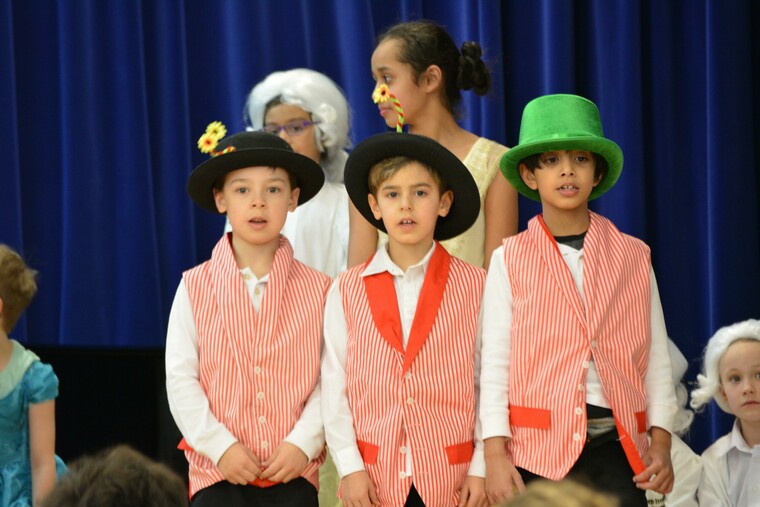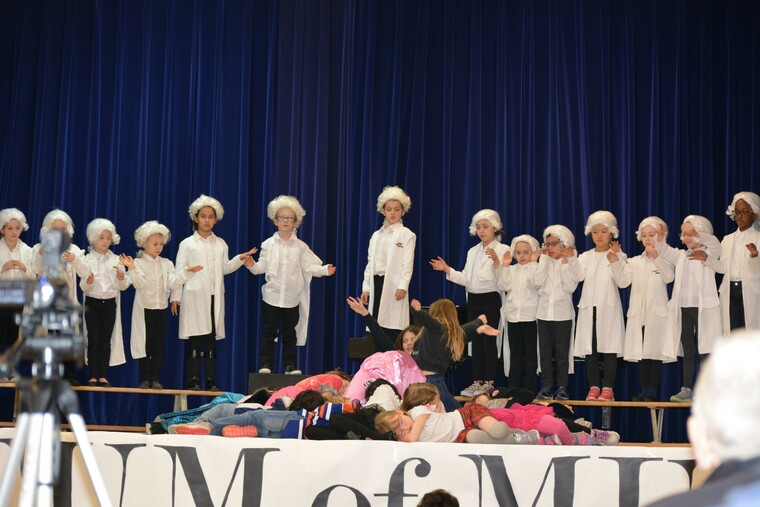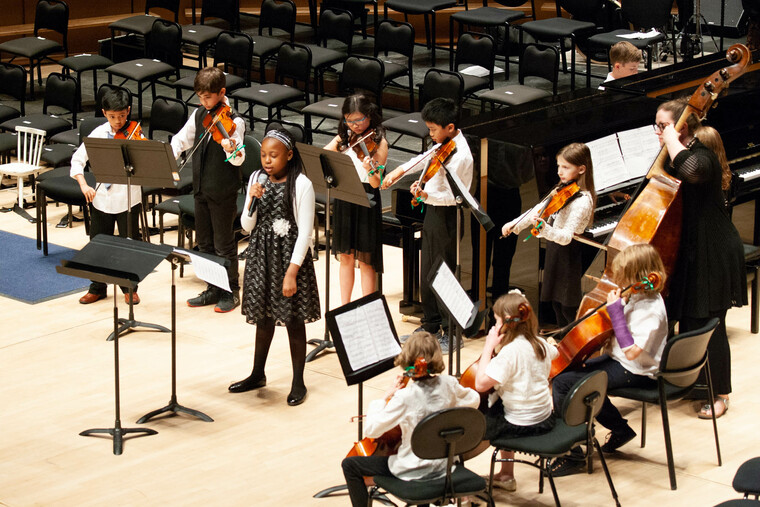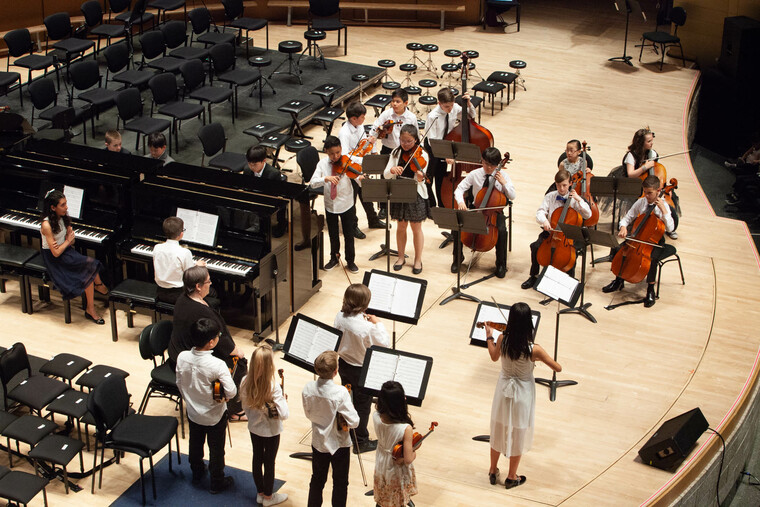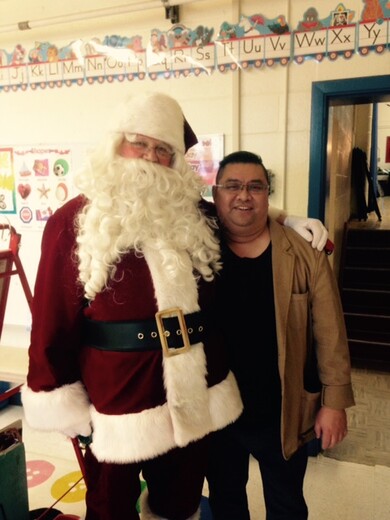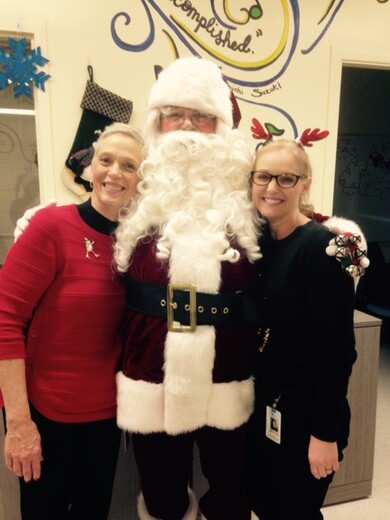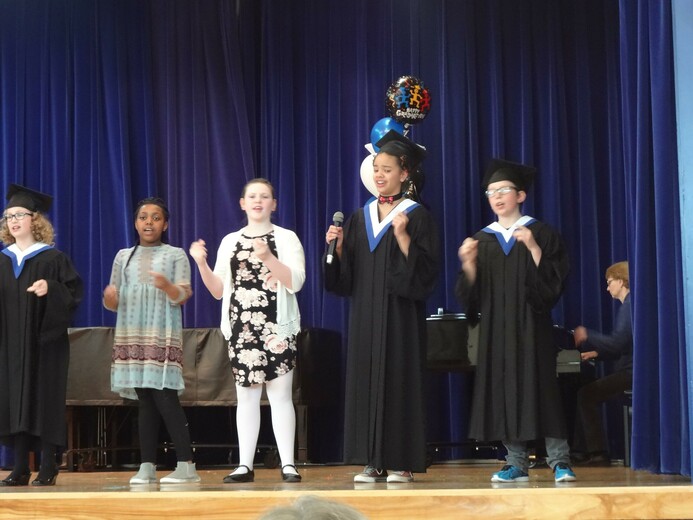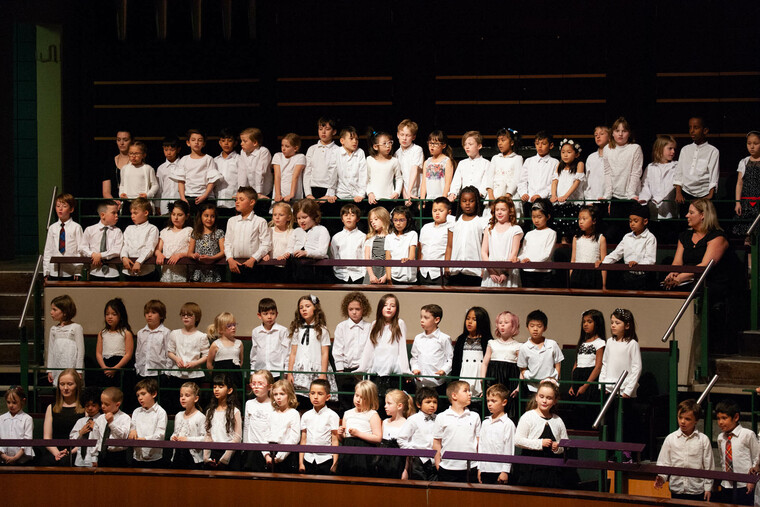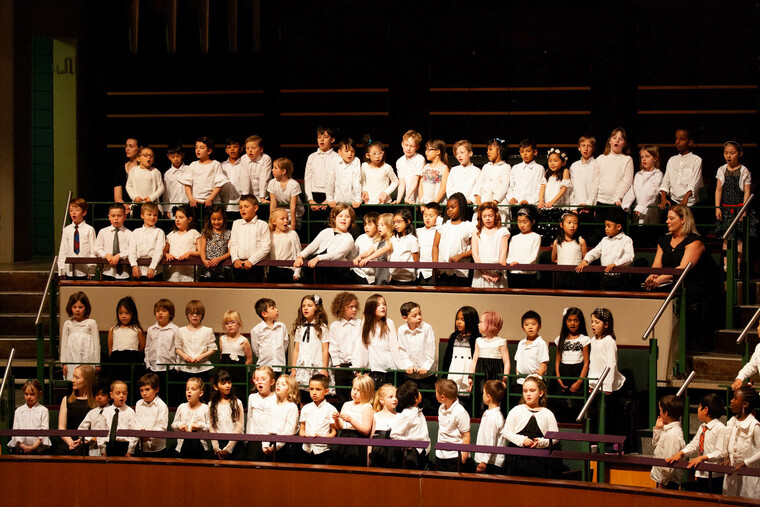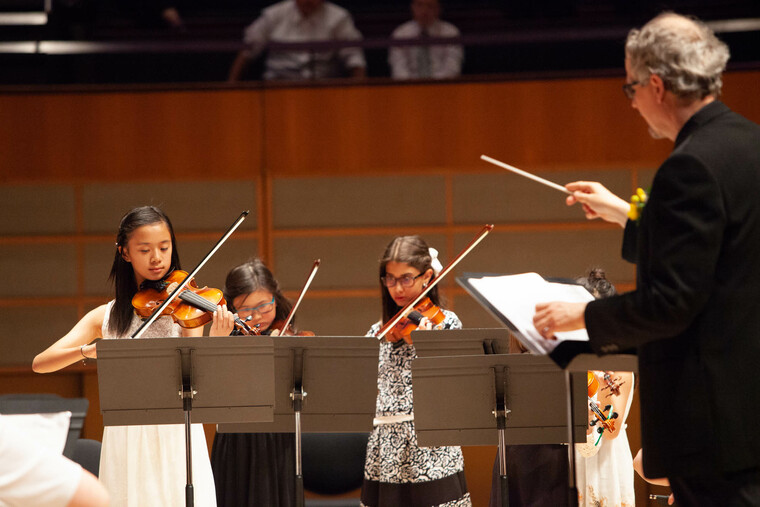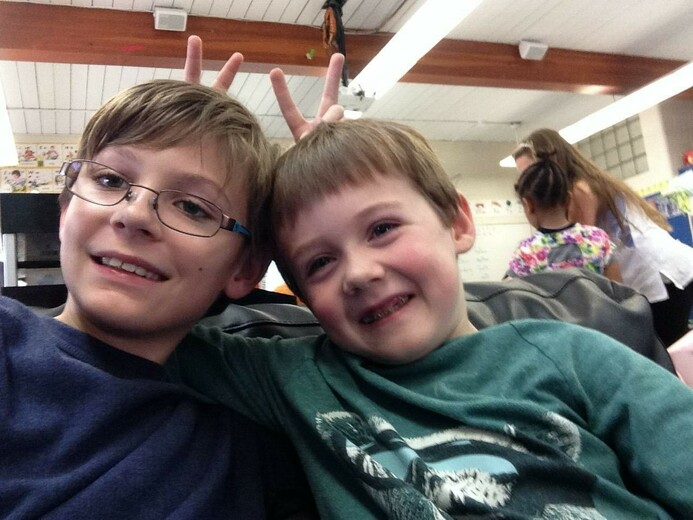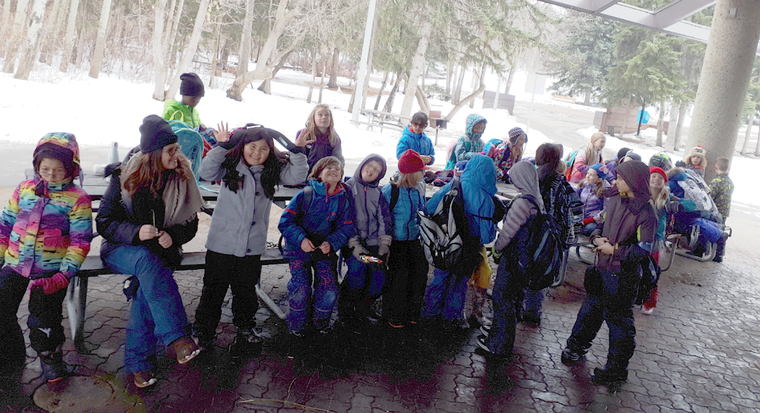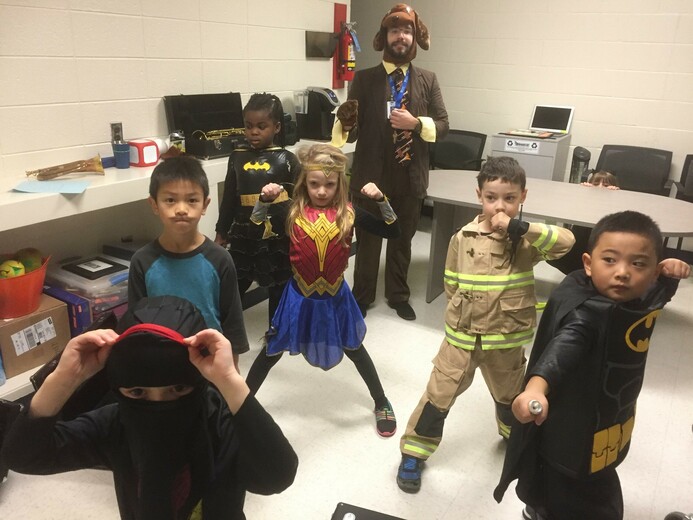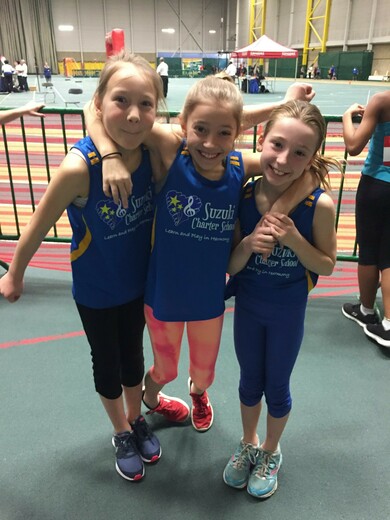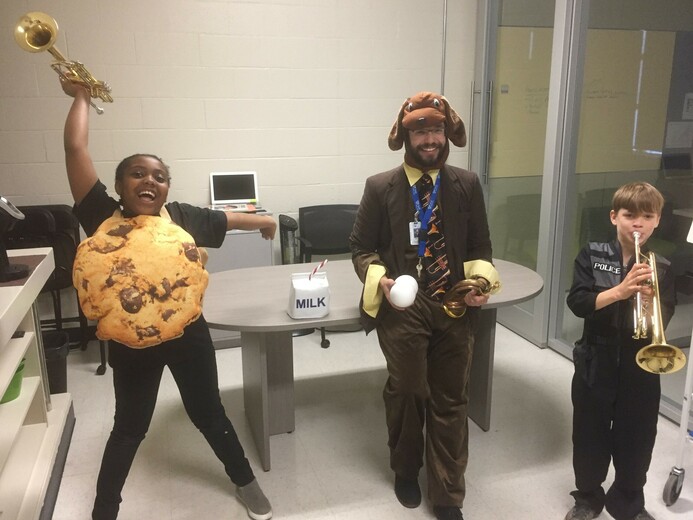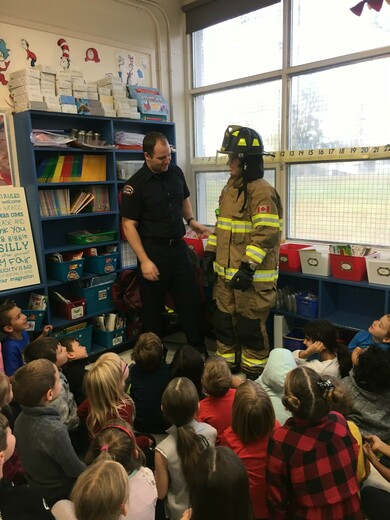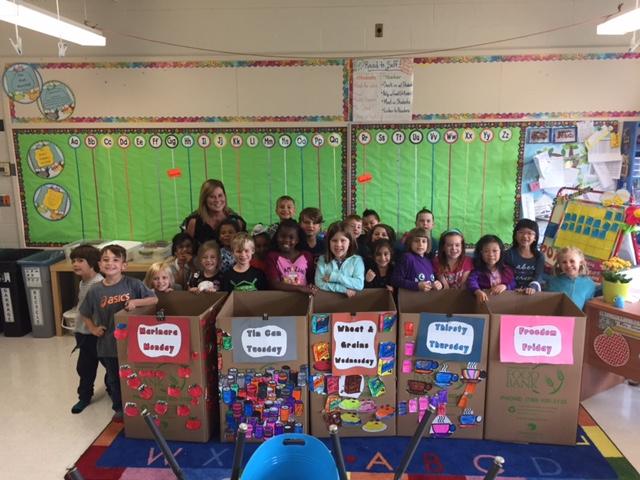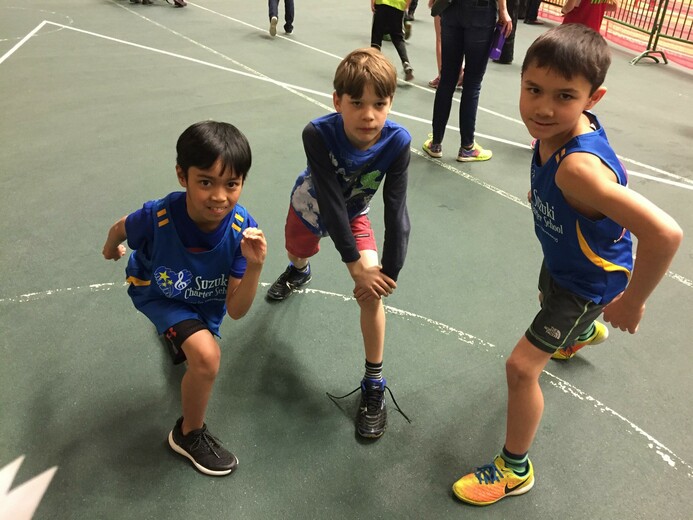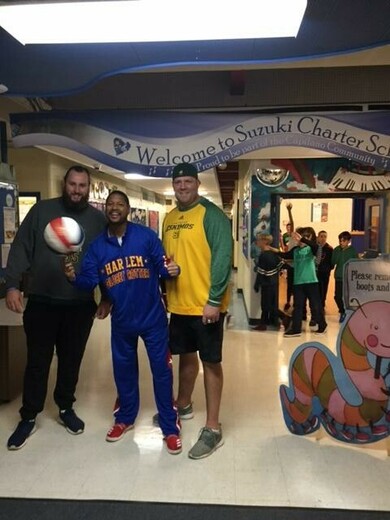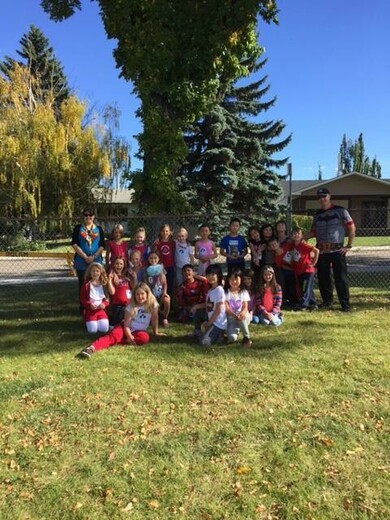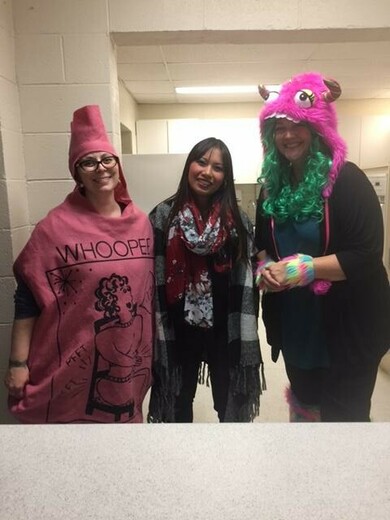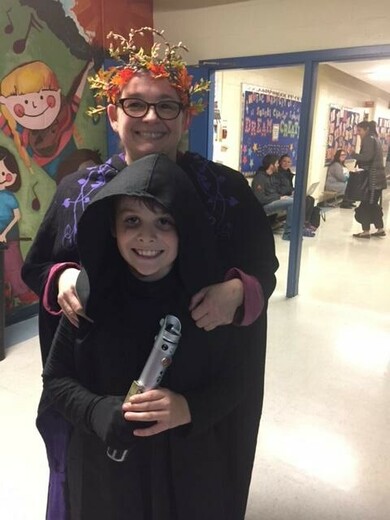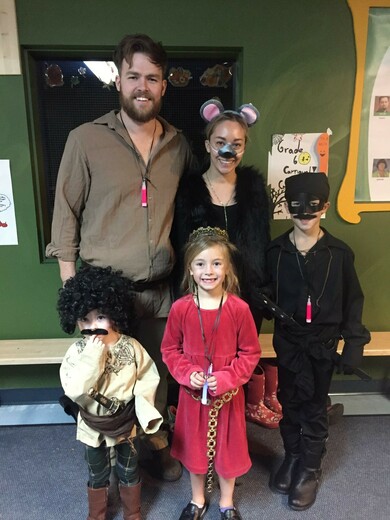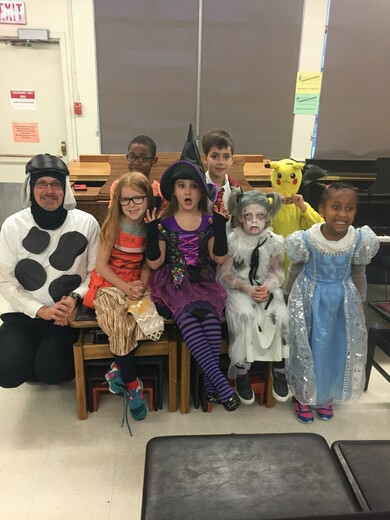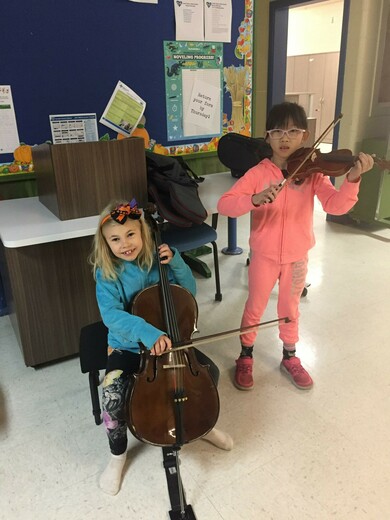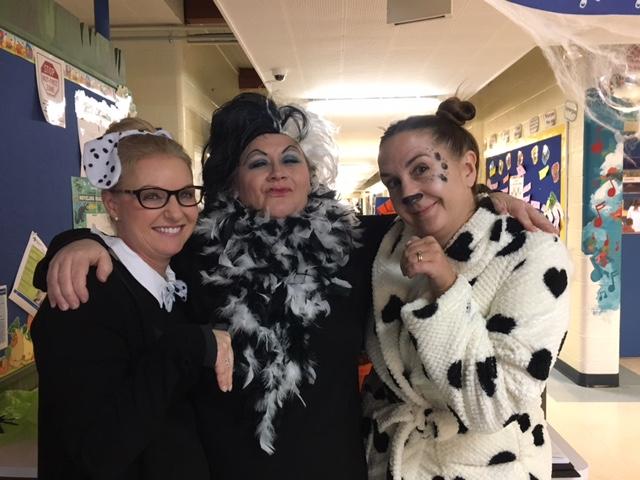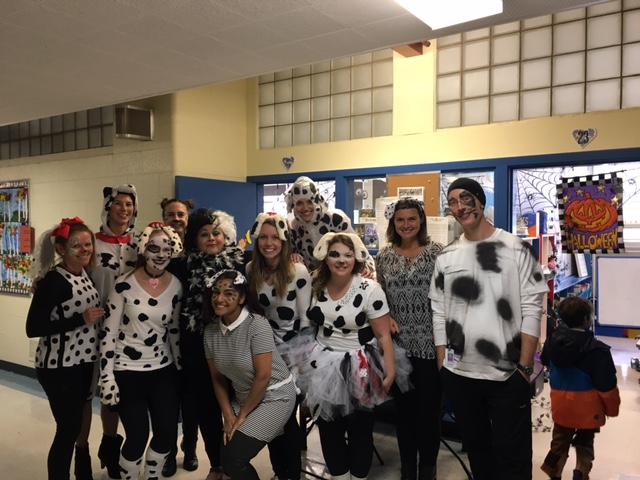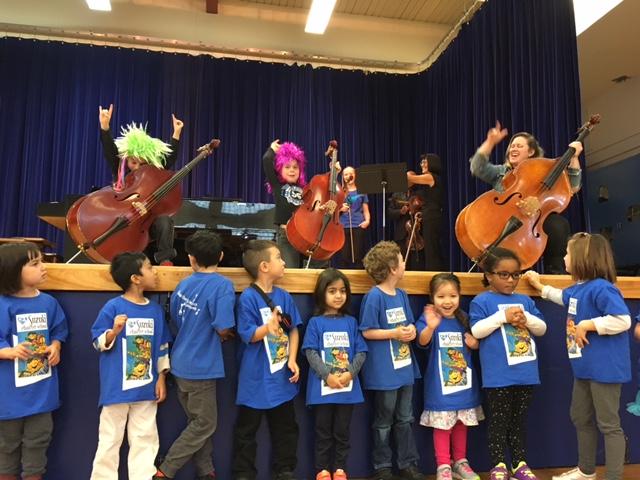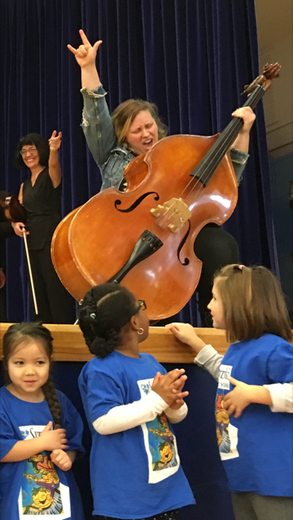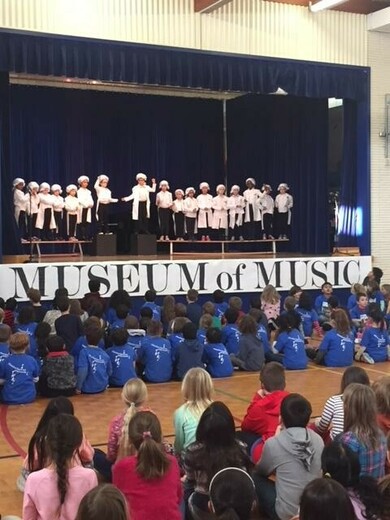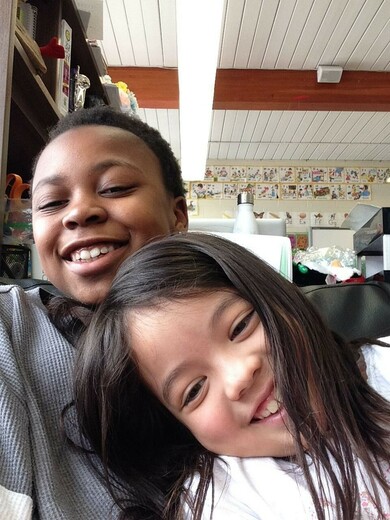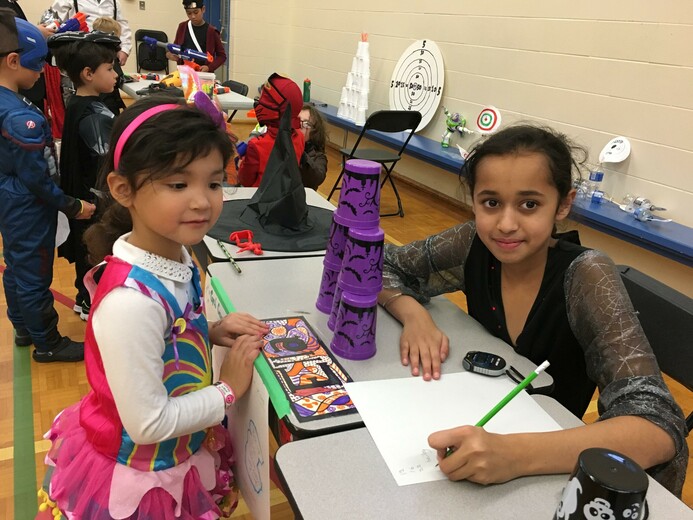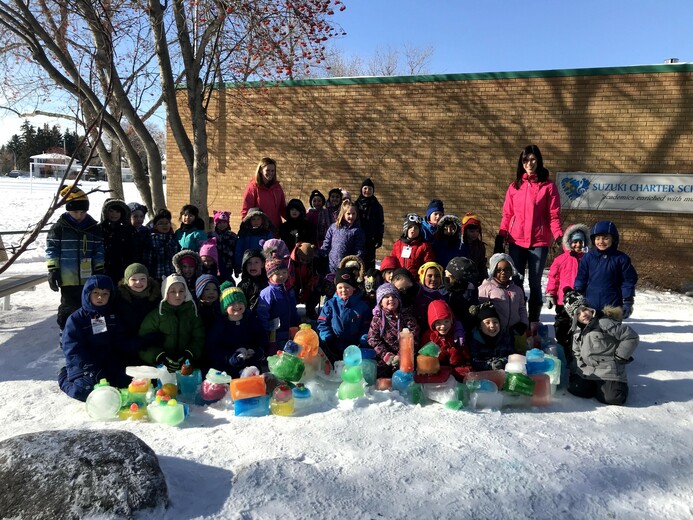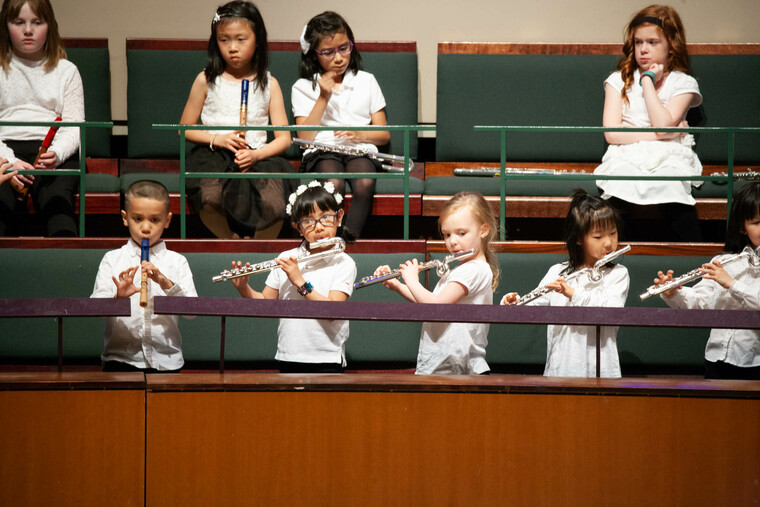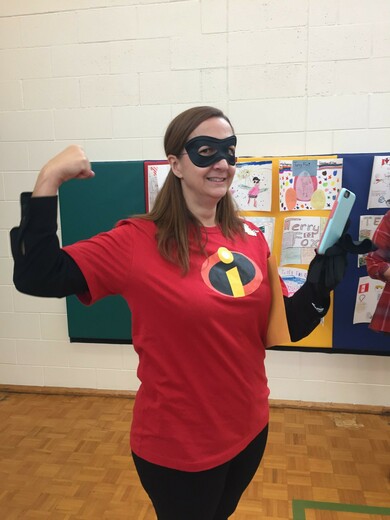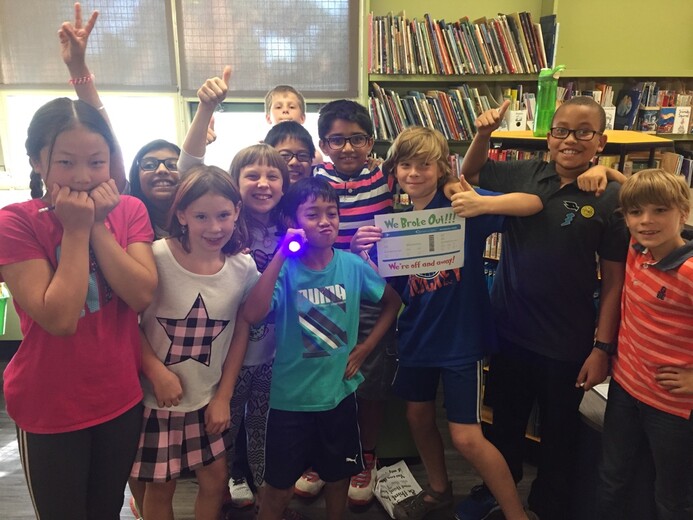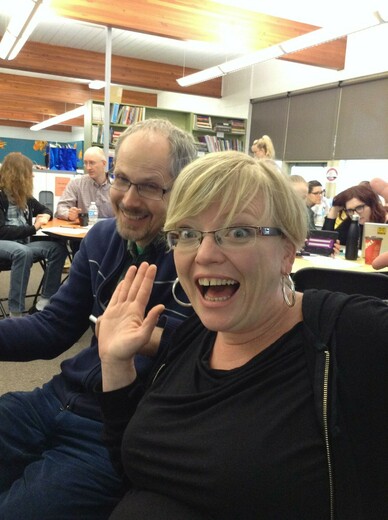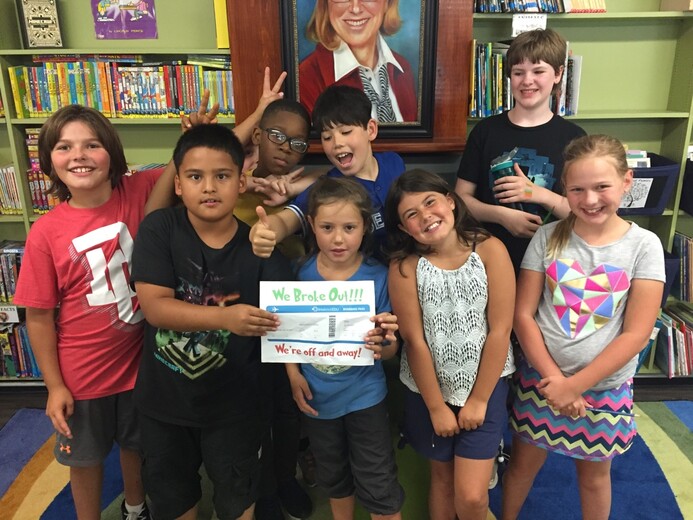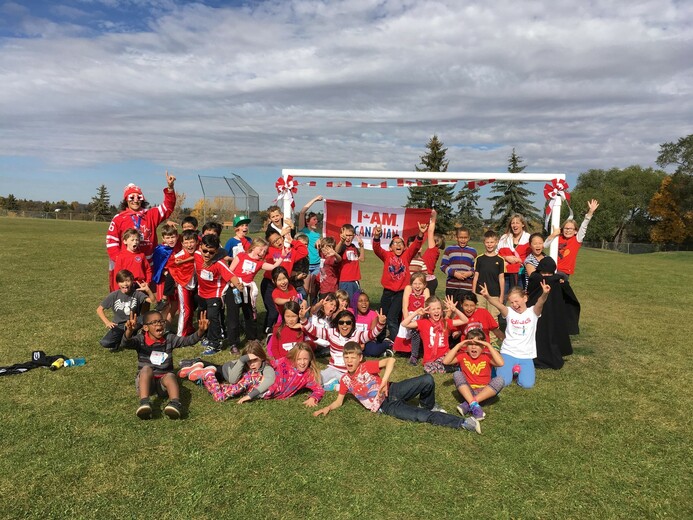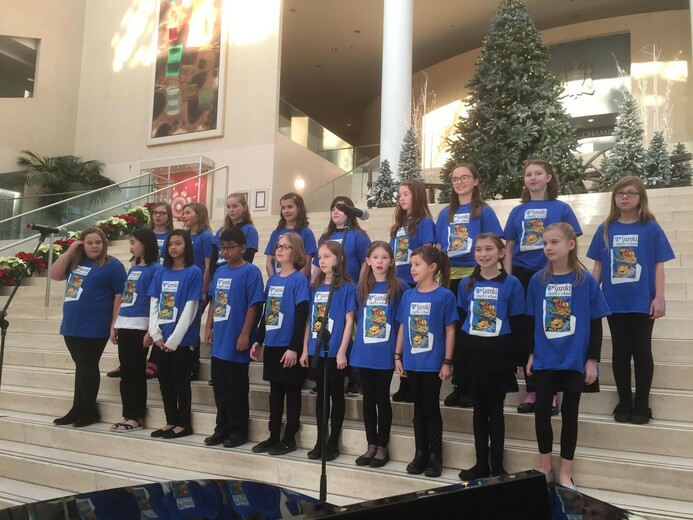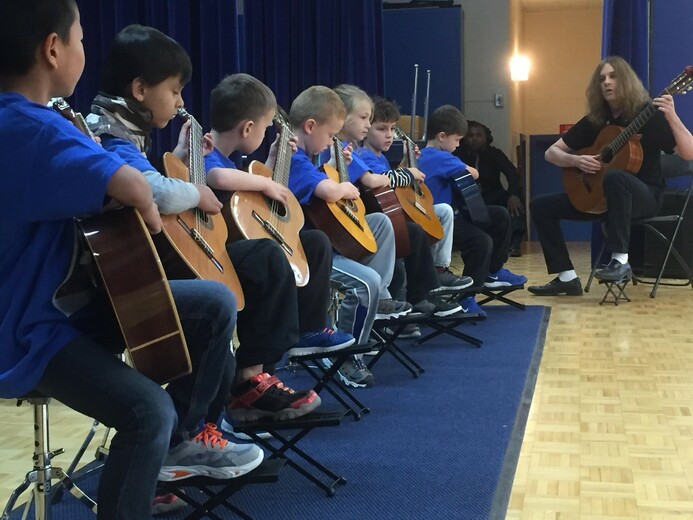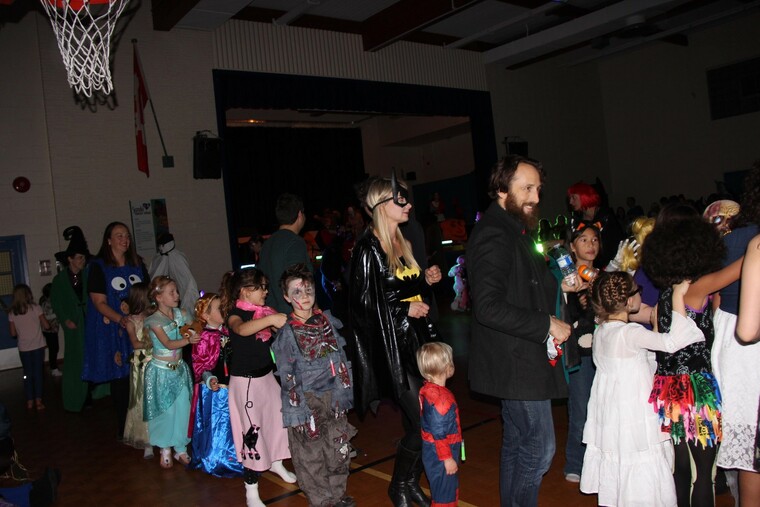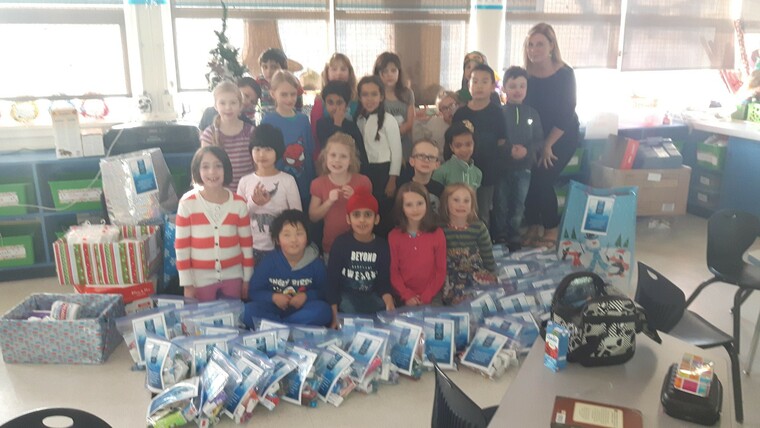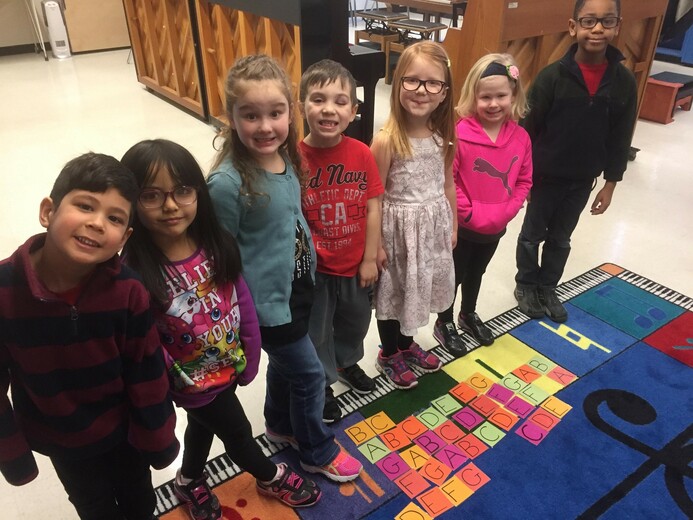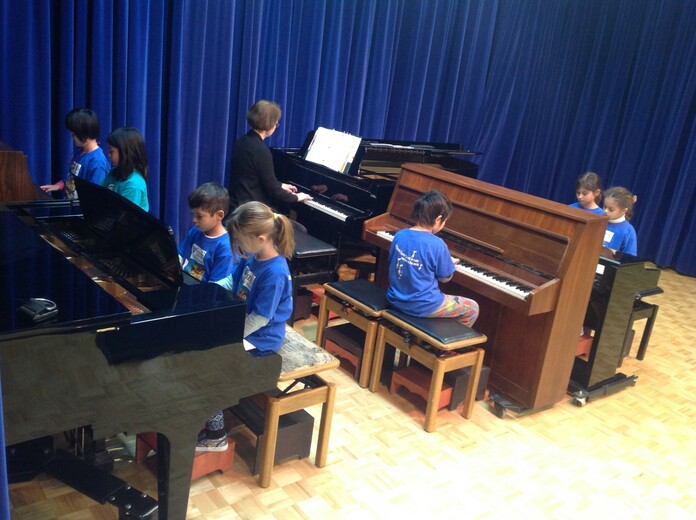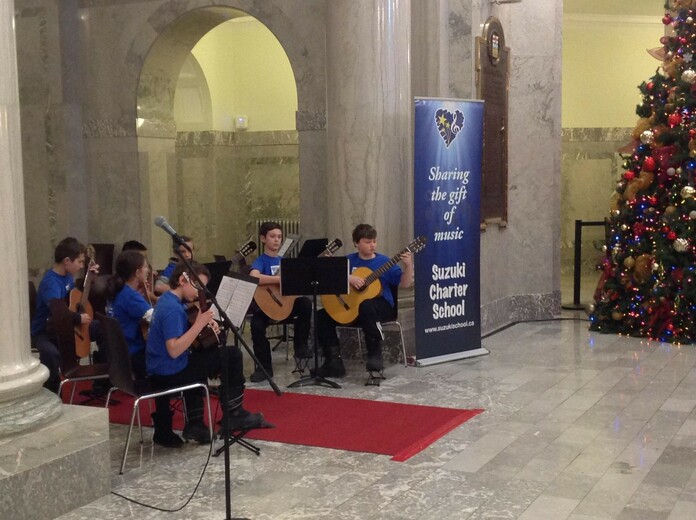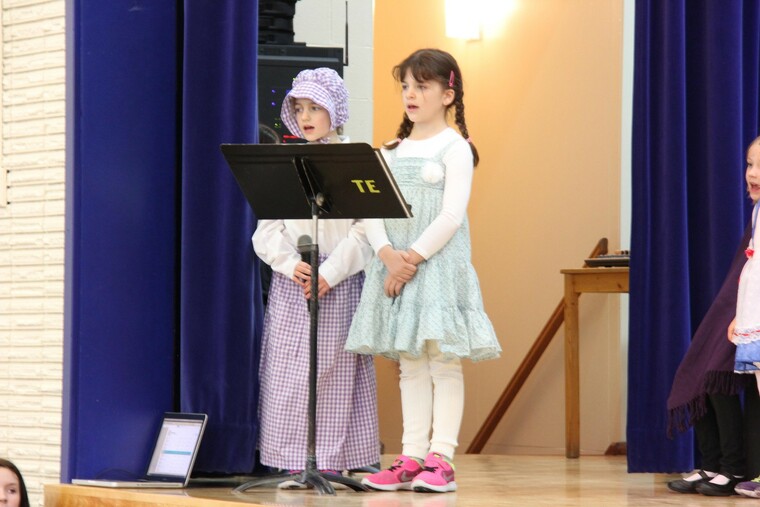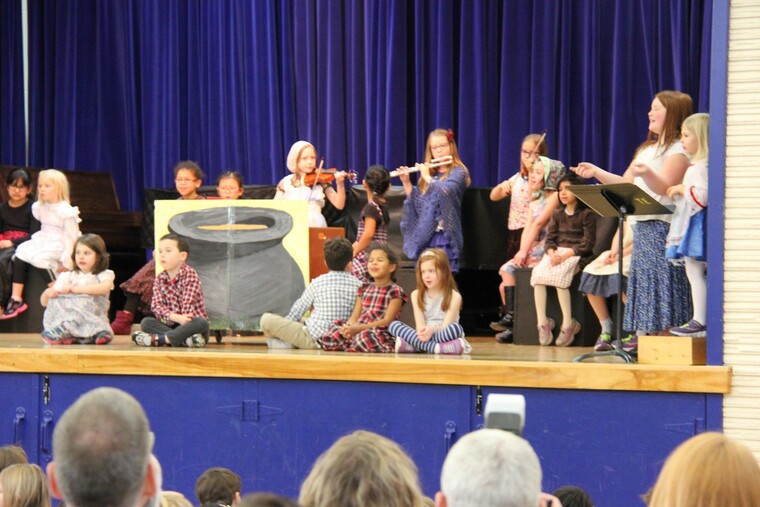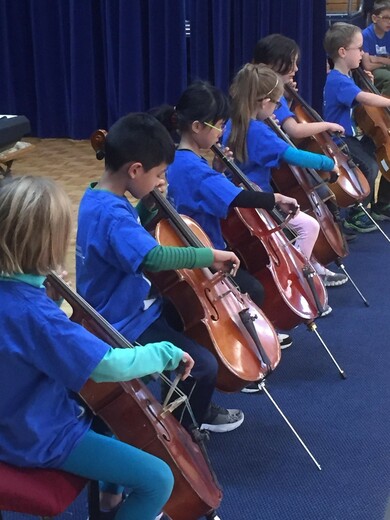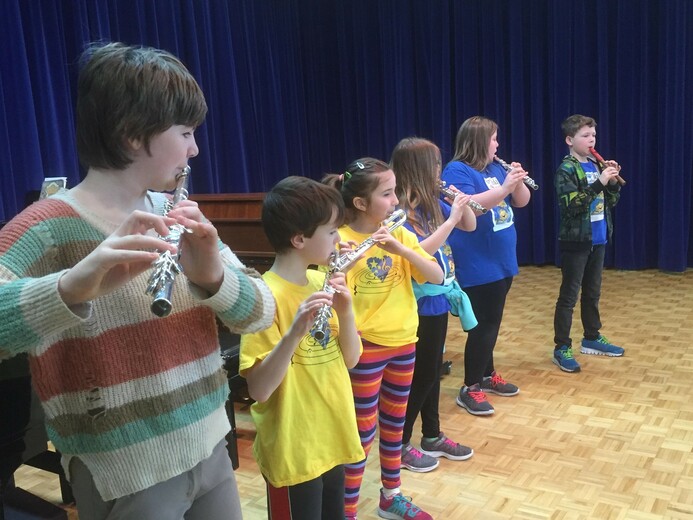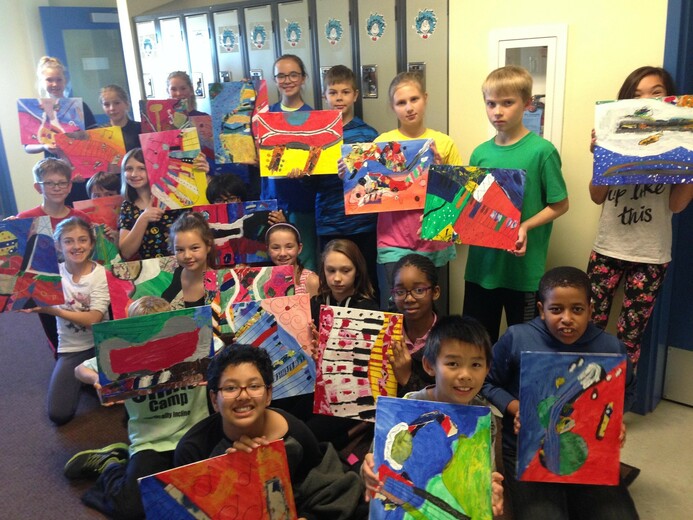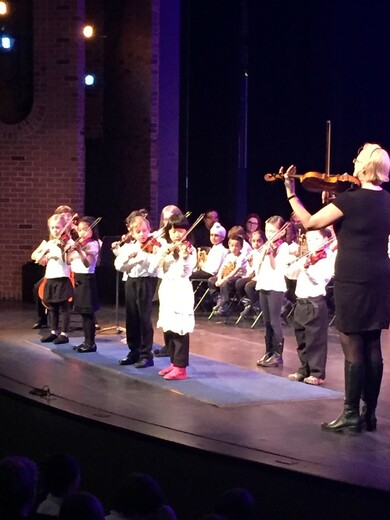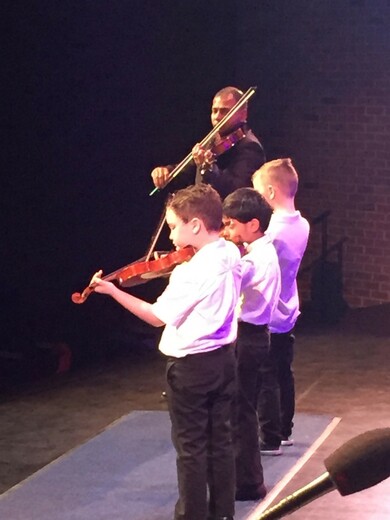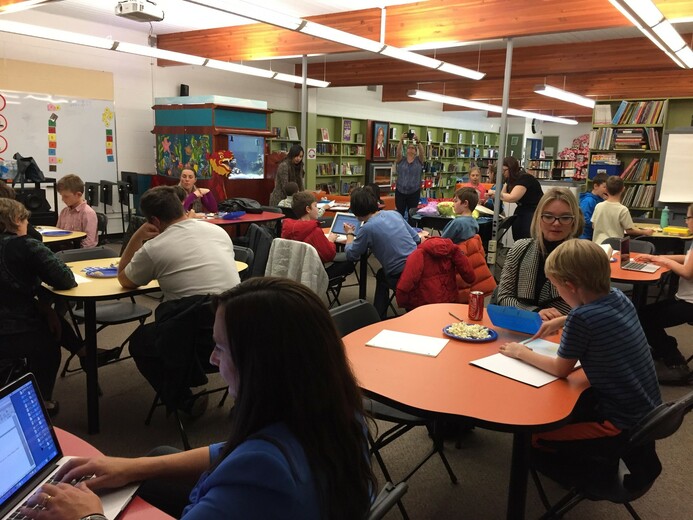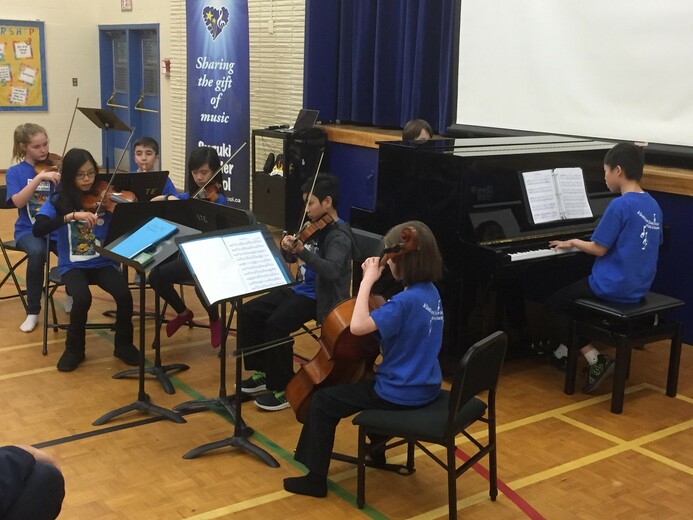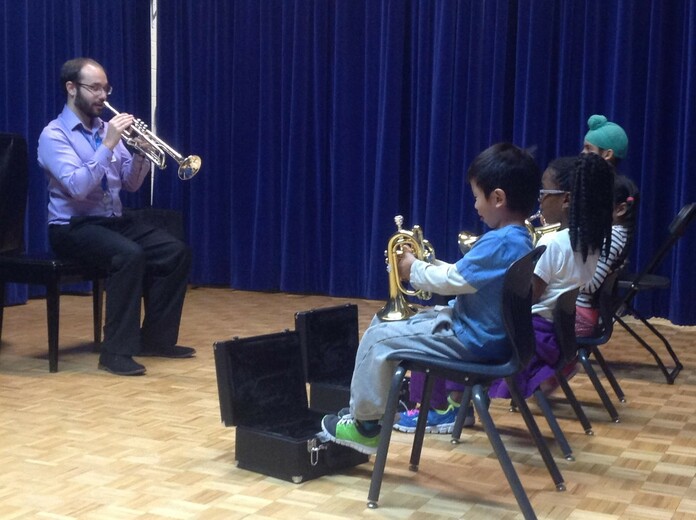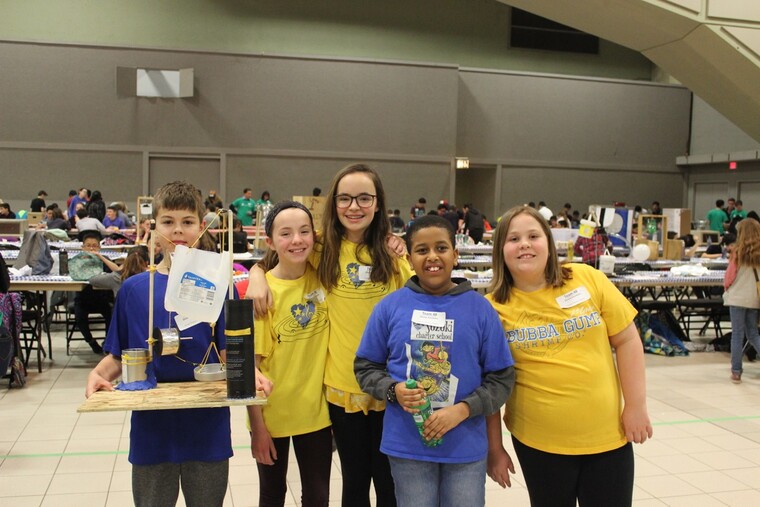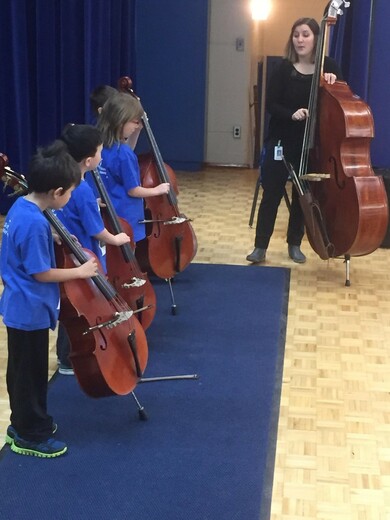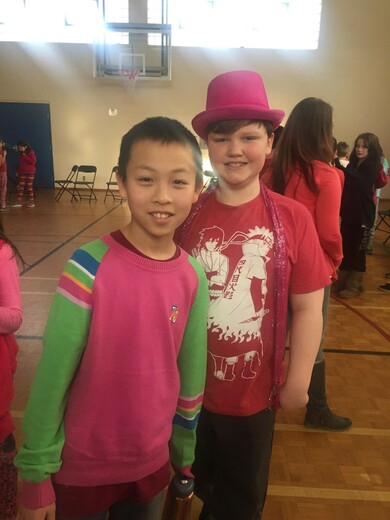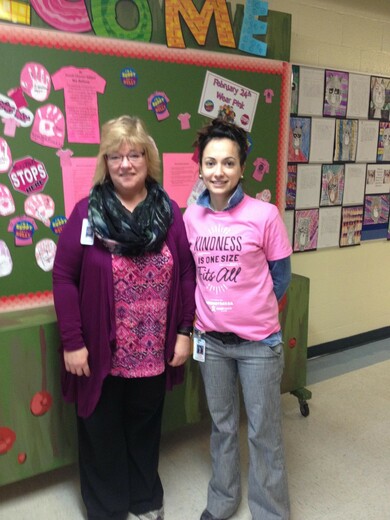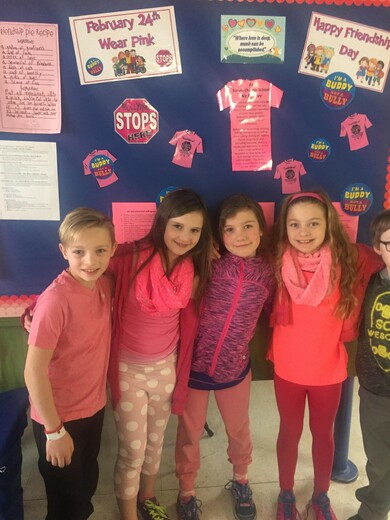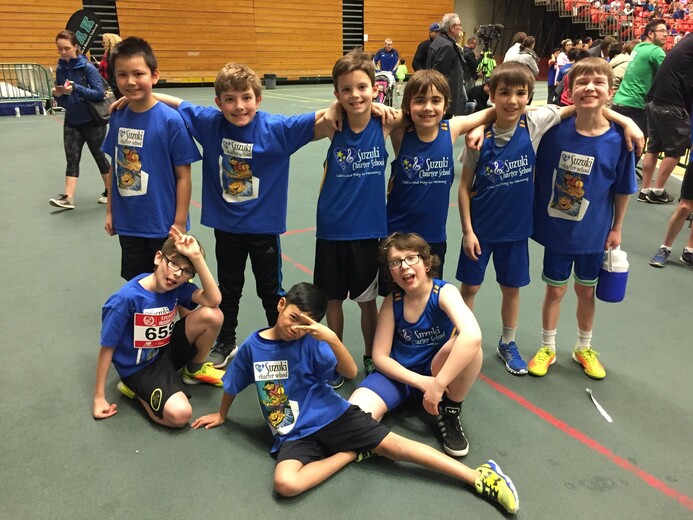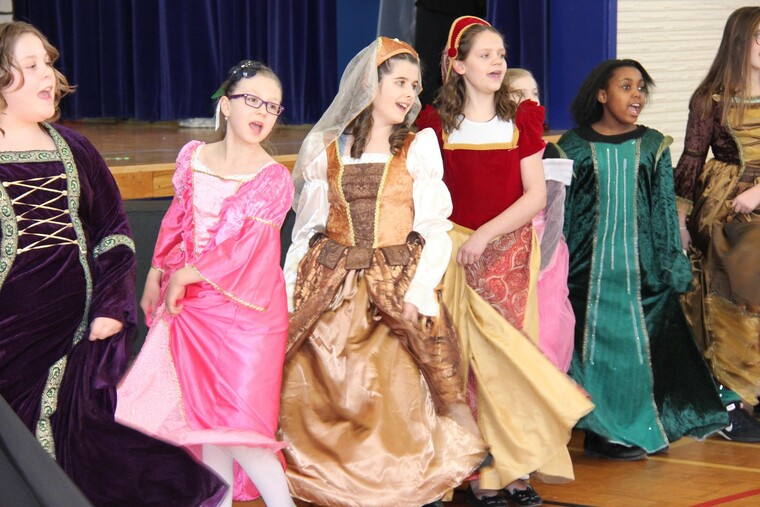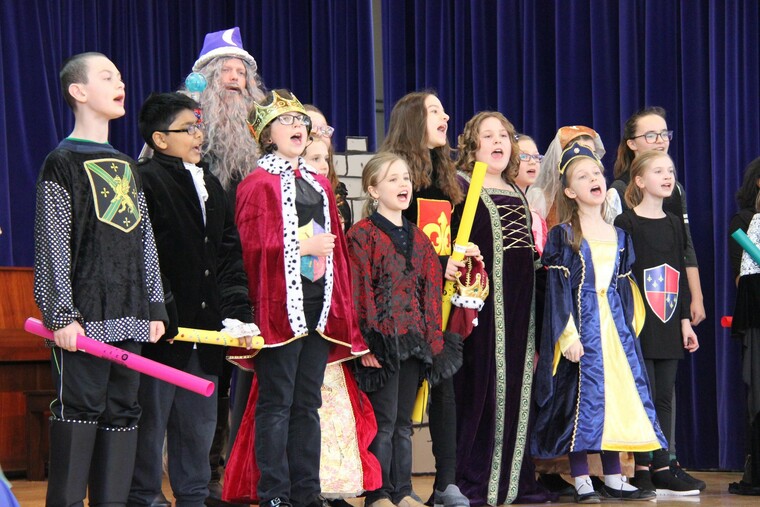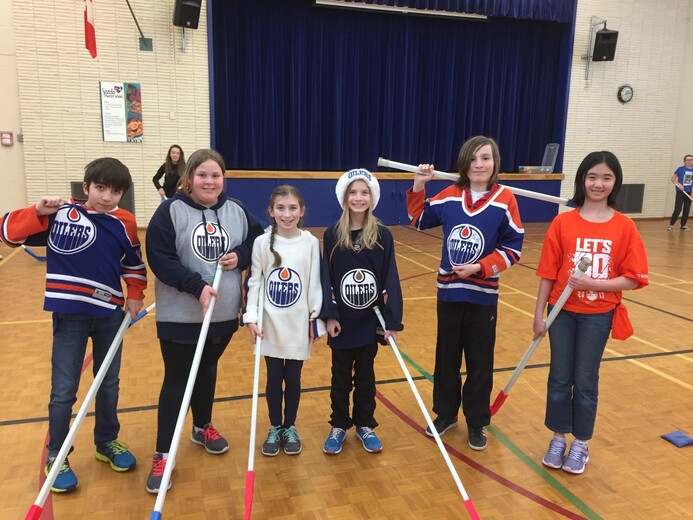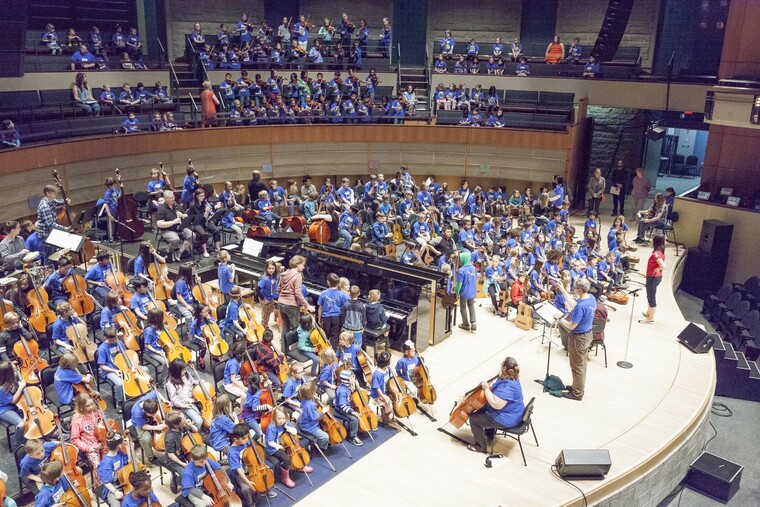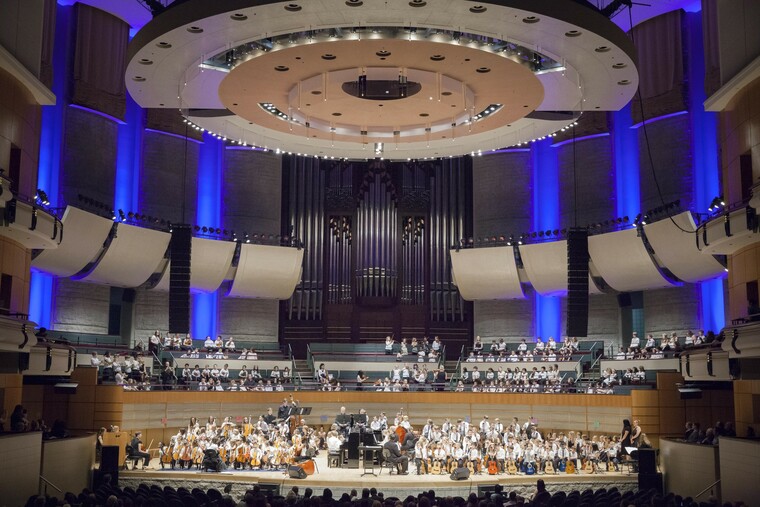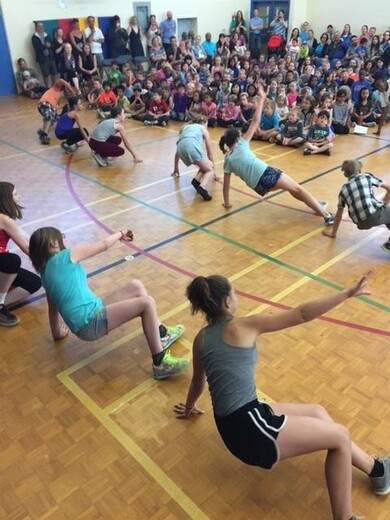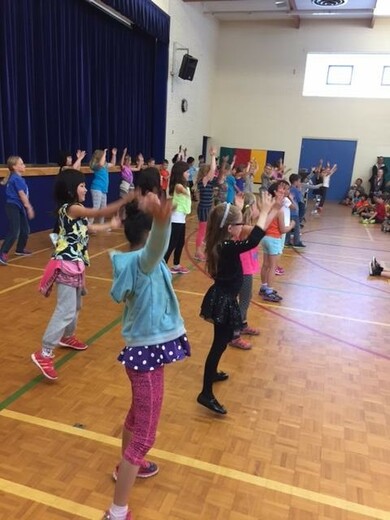The Role of the Teacher
Teachers are well-trained and provide meaningful and excellent instruction.They set temporal, interpersonal, and physical environments that will allow each child to develop competencies in artistic, literary, mathematical, scientific and social spheres.They care deeply about their students and strive to find interesting ways to present material that will challenge individuals and ensure success for each student. They encourage students and believe that every child can learn.Teachers model the pursuit of continuing advancement and higher achievement. Fostering the desire to learn and emphasizing the joy of learning is the most important role of the teacher.
The Role of the Parent
Just as the parent is the “home teacher” for individual lessons, every child is expected to regularly review academic concepts with the help and support of the parent at home. What this means is that teachers provide daily homework to reinforce and support student learning and parents provide the environment and regular routine to facilitate home practise that reinforces, enriches, and extends the learning experience at school. Some examples include helping children complete assignments, reviewing material, and gaining first-hand experiences to aid understanding and retention of learning through discussion or experiences. The school also welcomes parental involvement in a variety of ways at the invitation of the teacher and under his/her supervision to ensure a safe and caring environment for all students. In addition to parent assistance at home and in the classroom, parents are welcomed to attend Parent School Council or SCS Board meetings.
The Role of the Student
Each student is responsible for helping create a warm, caring environment where all individuals can succeed. Within this supportive environment, each child is respected and celebrated as an individual with unique strengths to build upon, and challenges to master. Students see themselves as individuals who welcome the opportunity to try new experiences, risking potential failure to succeed; they know that if they take one small step at a time, they will accomplish their goals with the support and guidance of their parents, teachers, and peers.
What does the Suzuki environment offer?
- Dedicated Alberta certified teachers
- Enhanced and enriched Alberta Curriculum
- Daily repertoire listening
- Multi-age group activities
- Motivational group instrument instruction on cello, double bass, flute, guitar, piano, recorder, trumpet, viola and violin.
- Meaningful performance opportunities: ensemble playing, guest musicians, workshops and special events
- Aural and sight-based choral and theory learning
- School-wide integration of music
- Technology integration
- Low student to teacher ratio
- French as a second language from Kindergarten to Grade Nine
- Extra-curricular activities
- A variety of field trips to enrich the curriculum
- Cooperative, non-competitive spirit
- Quality education, expectations of high standards
- Positive role models
- A quality music program inspired by the Suzuki philosophy
- Suzuki Approach integrated into the academic, music and personal excellence program
- Opportunities for parental involvement
- Student leadership and character education
- Out of School Care (user fees)
- Middle School Collegiate Atmosphere (Gr.7-9)
French Program
The K-6 French program is taught through the Accelerated Integrative Method (AIM). Students are introduced to the vocabulary with gestures. Ideally, they speak with the teacher or independently, throughout the class – which is the key to internalizing the vocabulary. It is probably the only class your child will have where the teacher requests that he/she speak throughout the class! The beginning of the program focuses on learning single words, which are then associated with other vocabulary in phrases and sentences. Once the students have mastered these, they move on to learning new vocabulary within the context of a story, which they eventually dramatize. This is followed up with written work – questions, fill in the blank activities etc. Everything is presented orally before the written word is introduced.
Vocabulary is continually reinforced through:
- the play
- music written for the play as well as other songs.
- games and activities that are set up to reinforce particular structures.
- conversation in class during group work or discussion sessions.
As the program progresses students eventually learn how to:
- paraphrase a story in their own words.
- do some creative writing in which they may rewrite the ending or change some components.
There is a French only rule in class. The gestures are a good support when a student is trying to convey a thought. Students may remember the gesture but not the word. In this case, students gesture and the teacher provides the word. Conversely, if a child is at a loss for a word, the teacher can gesture it for the child to say, thereby providing correct structure without interrupting the flow of the thought. This kinesthetic, oral and visual approach is very effective in addressing different learning styles. The scaffolded activities and reinforced vocabulary allow every child to be successful in learning this language.
Assessment and Results
Students are assessed in a variety of ways. As well as ongoing informal assessment, the school has three formal reporting times, followed up with parent-teacher interviews. The students also have a chance to assess their learning with their parents at our student-led conferences where they take a positive look at their progress, celebrate their advancements and set goals for future improvements. Suzuki students as a group continue to score higher compared to the provincial averages. It is also important to note that this is only one measure of our students’ work among many exciting and enriching learning experiences and skills they display throughout the year.
